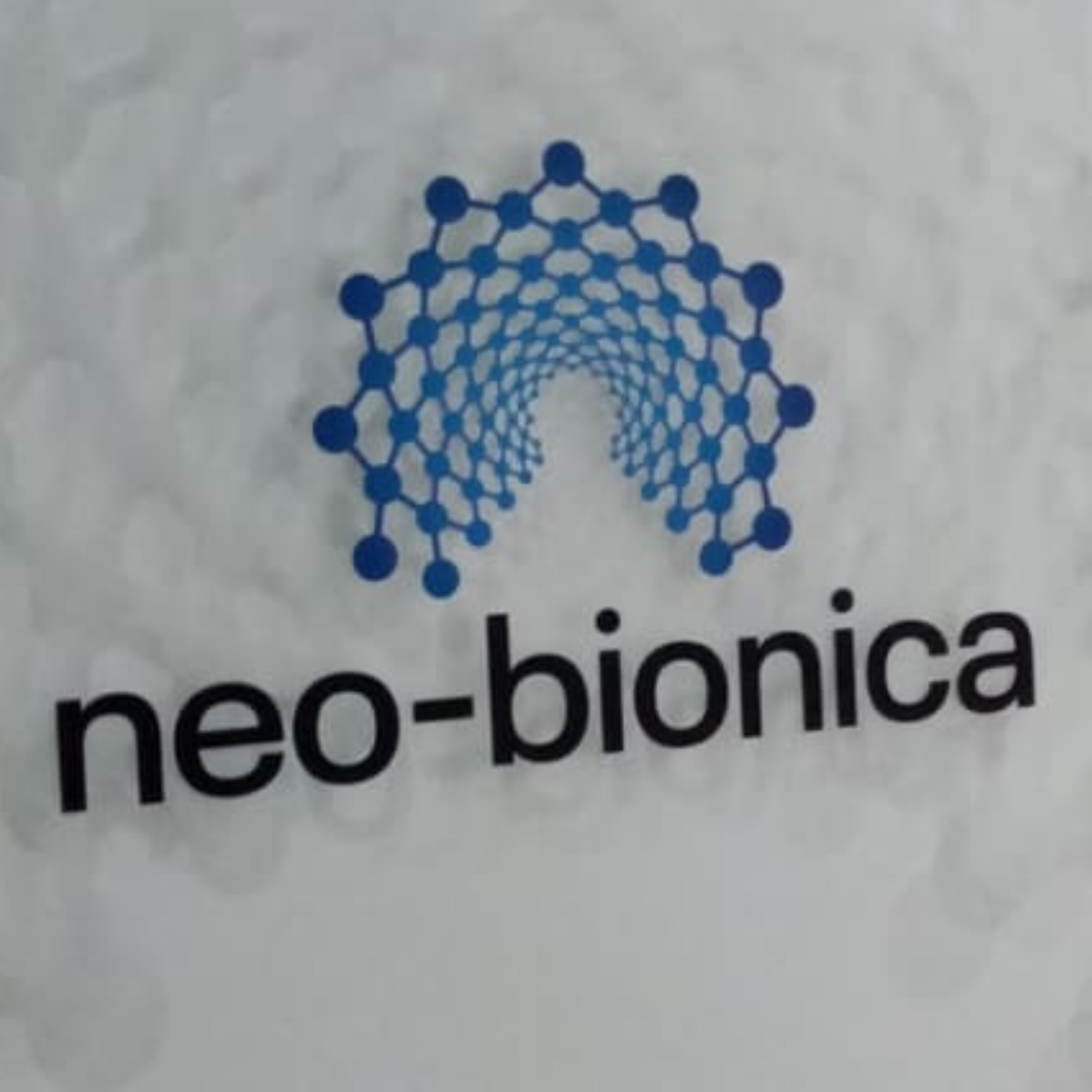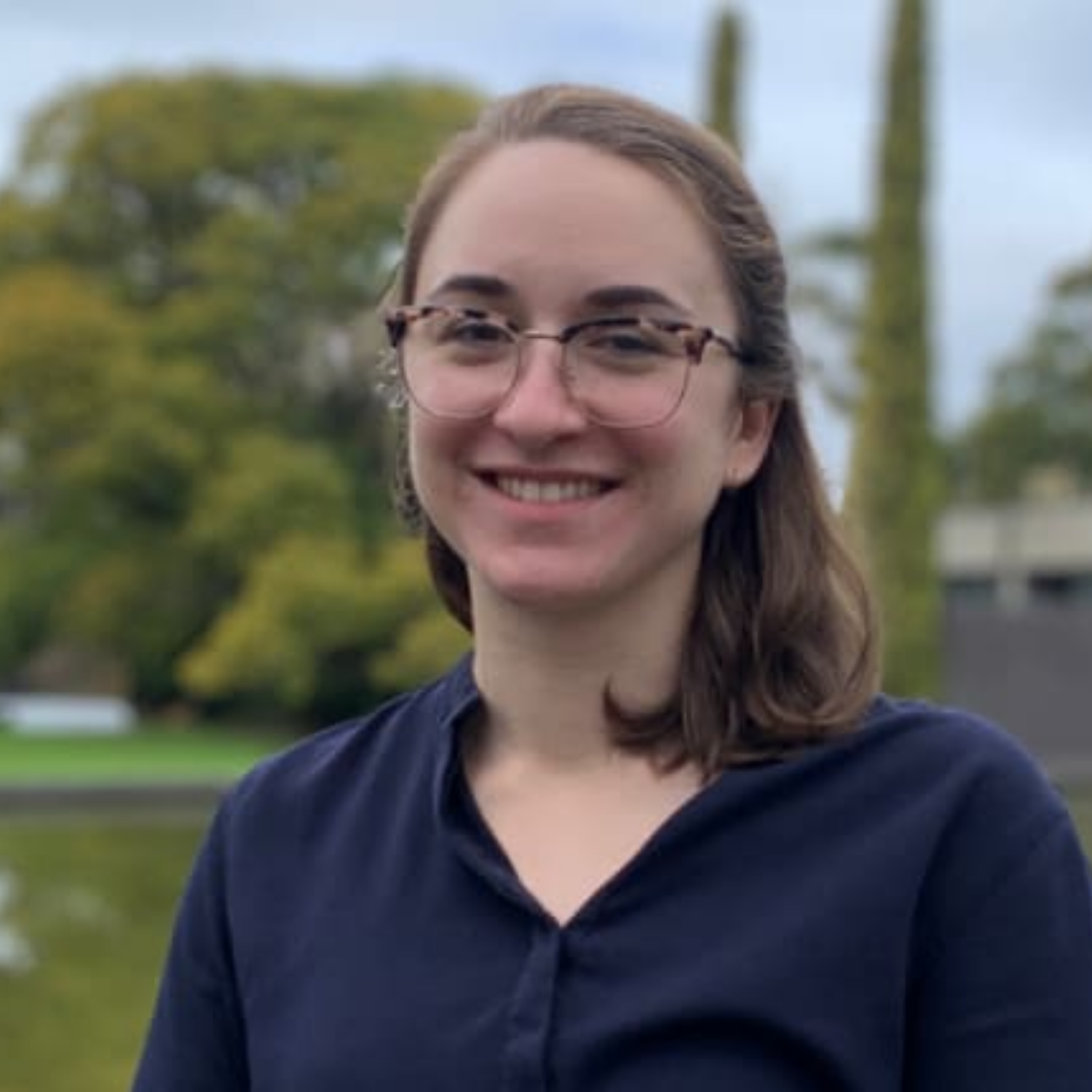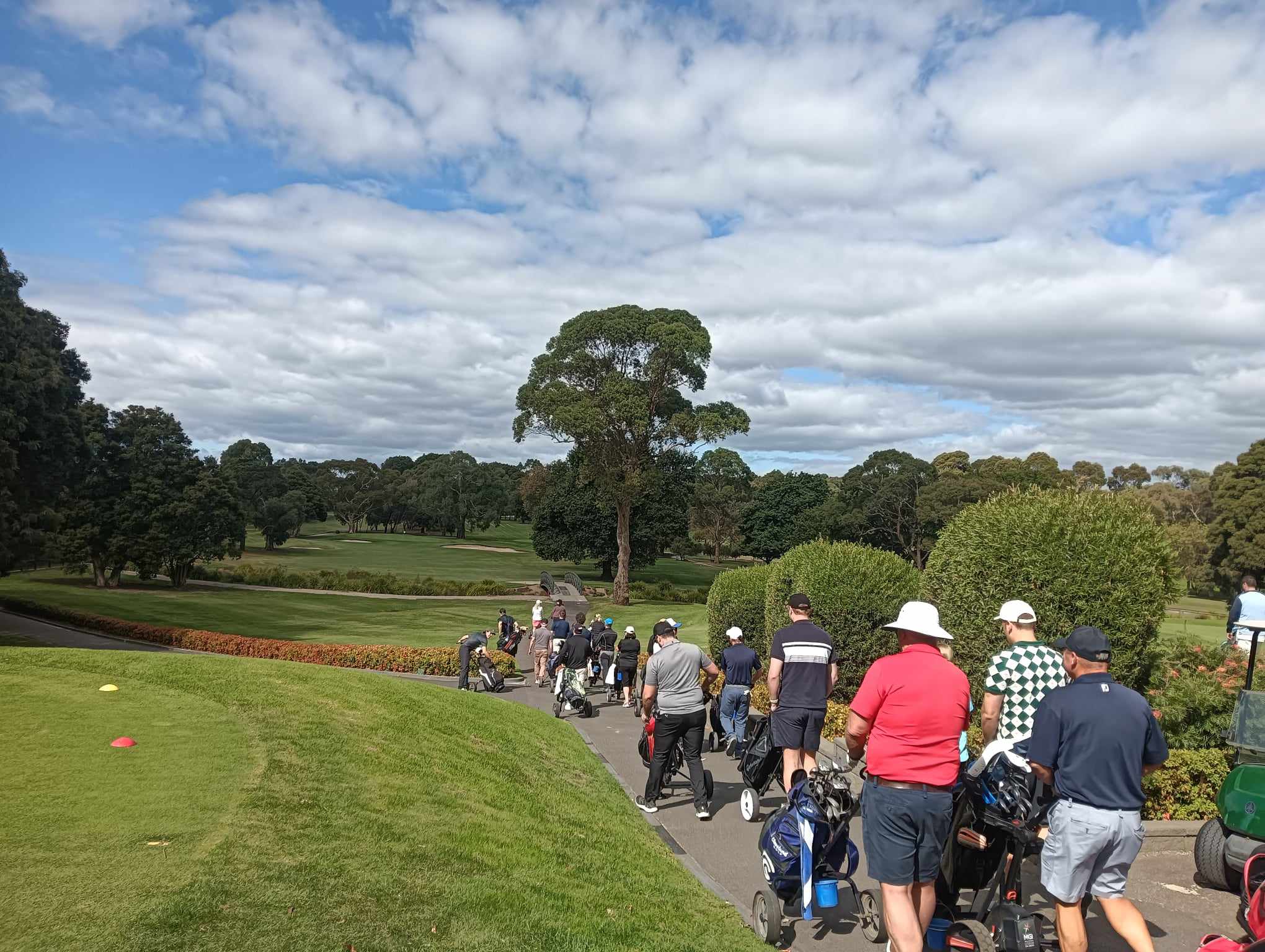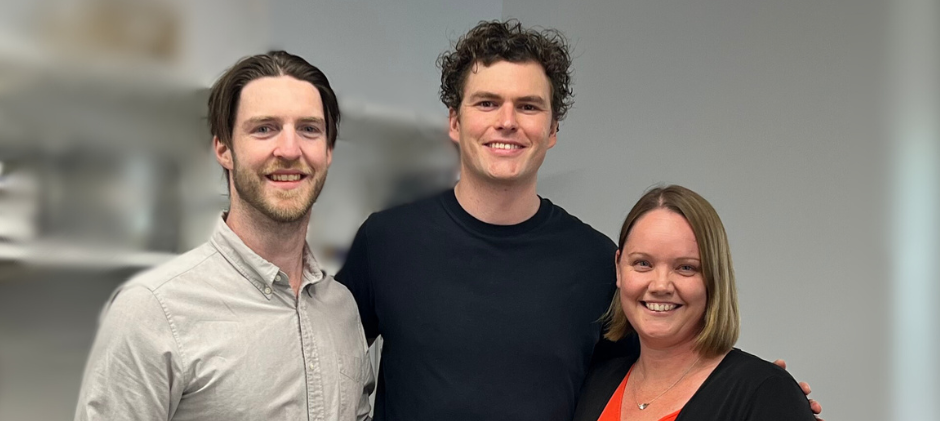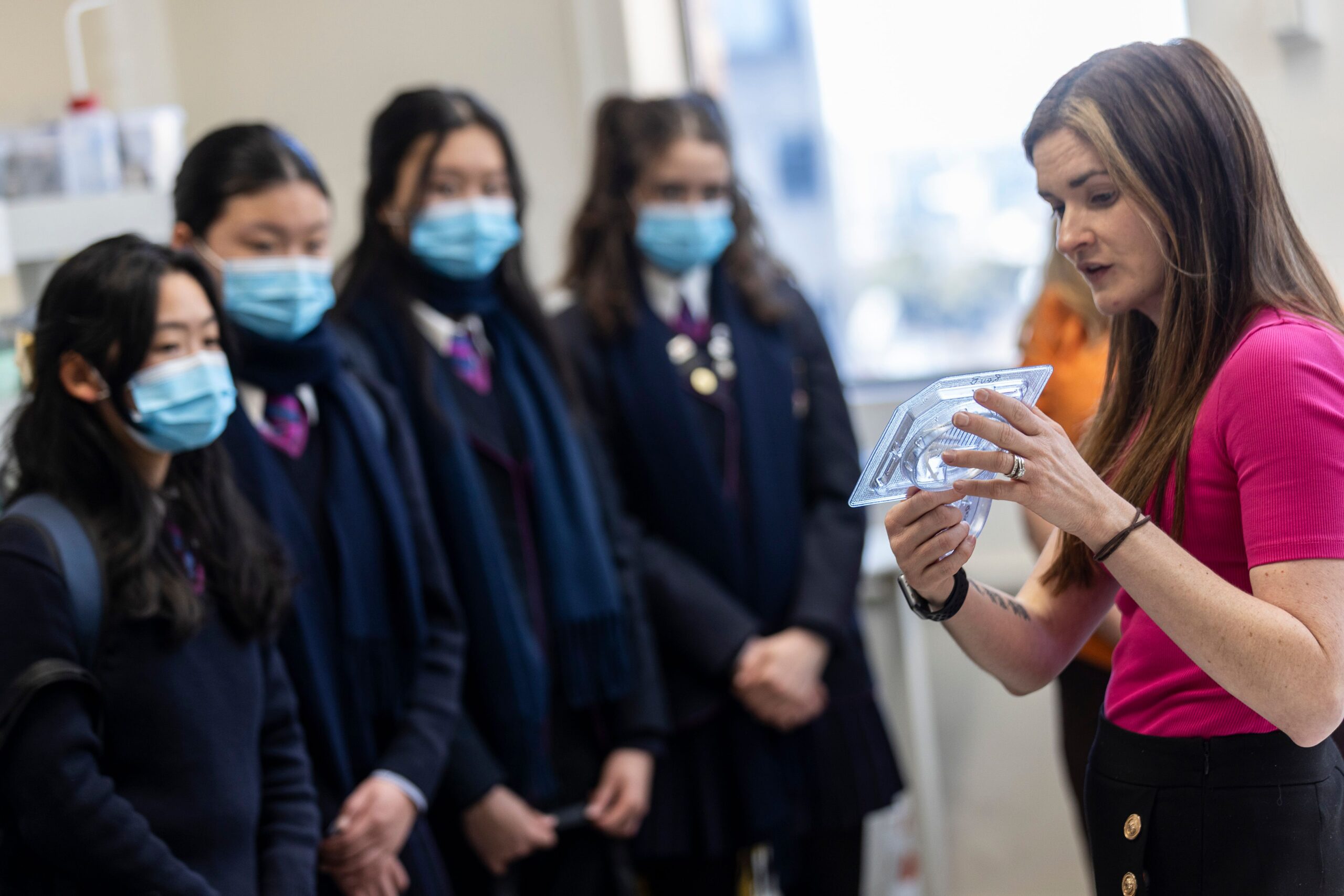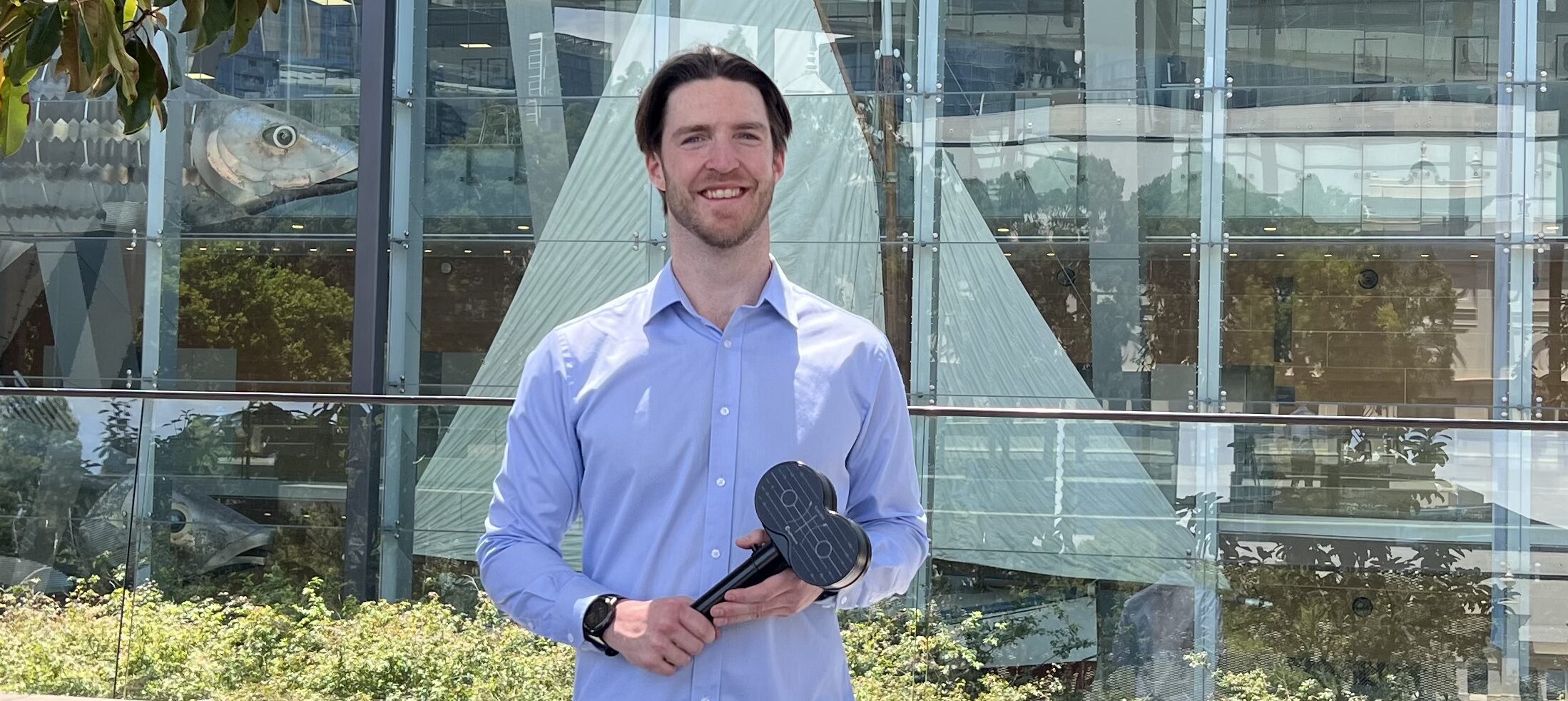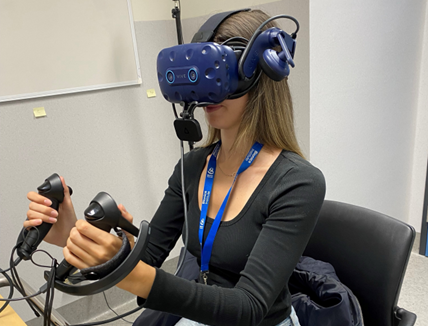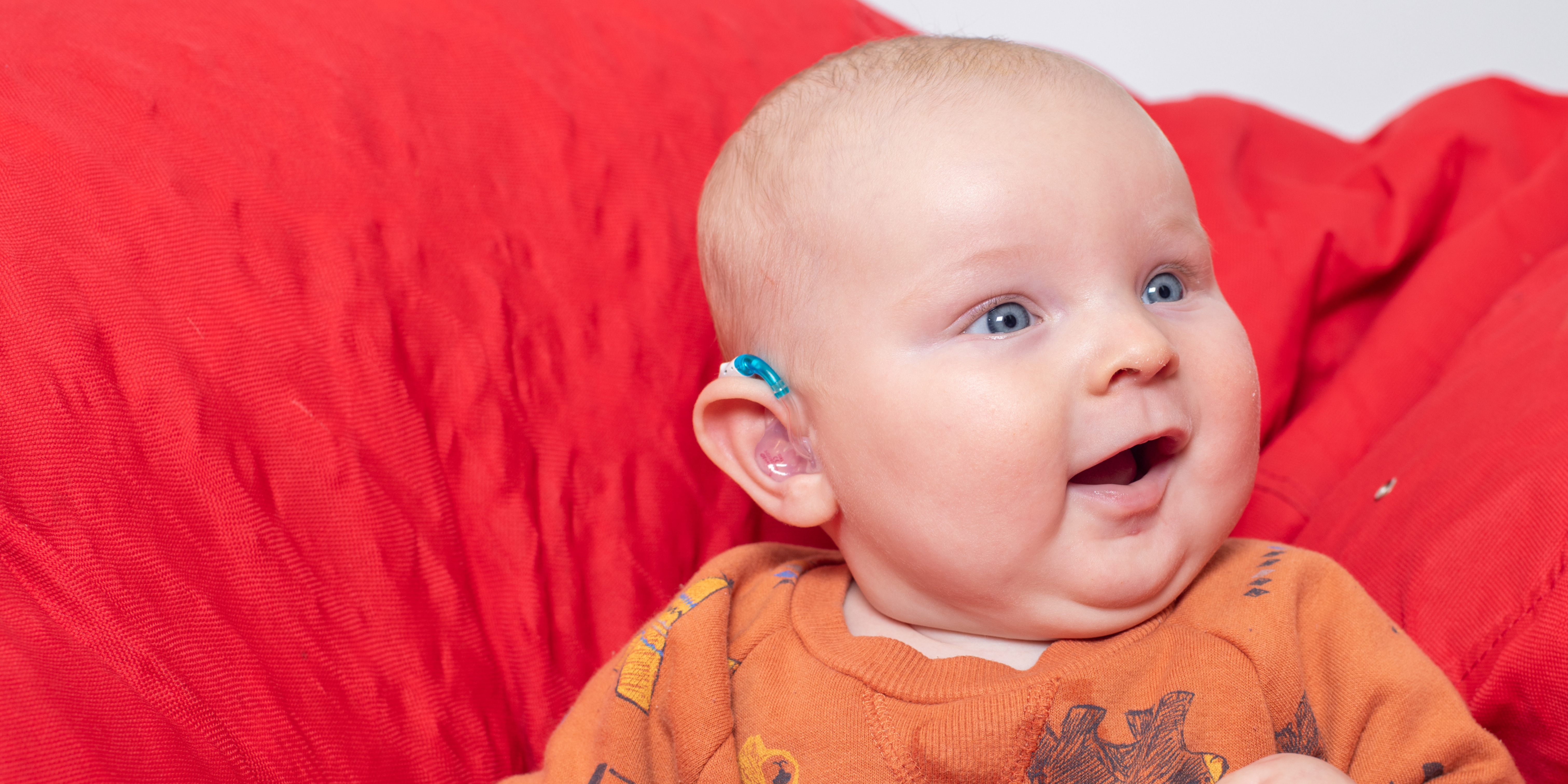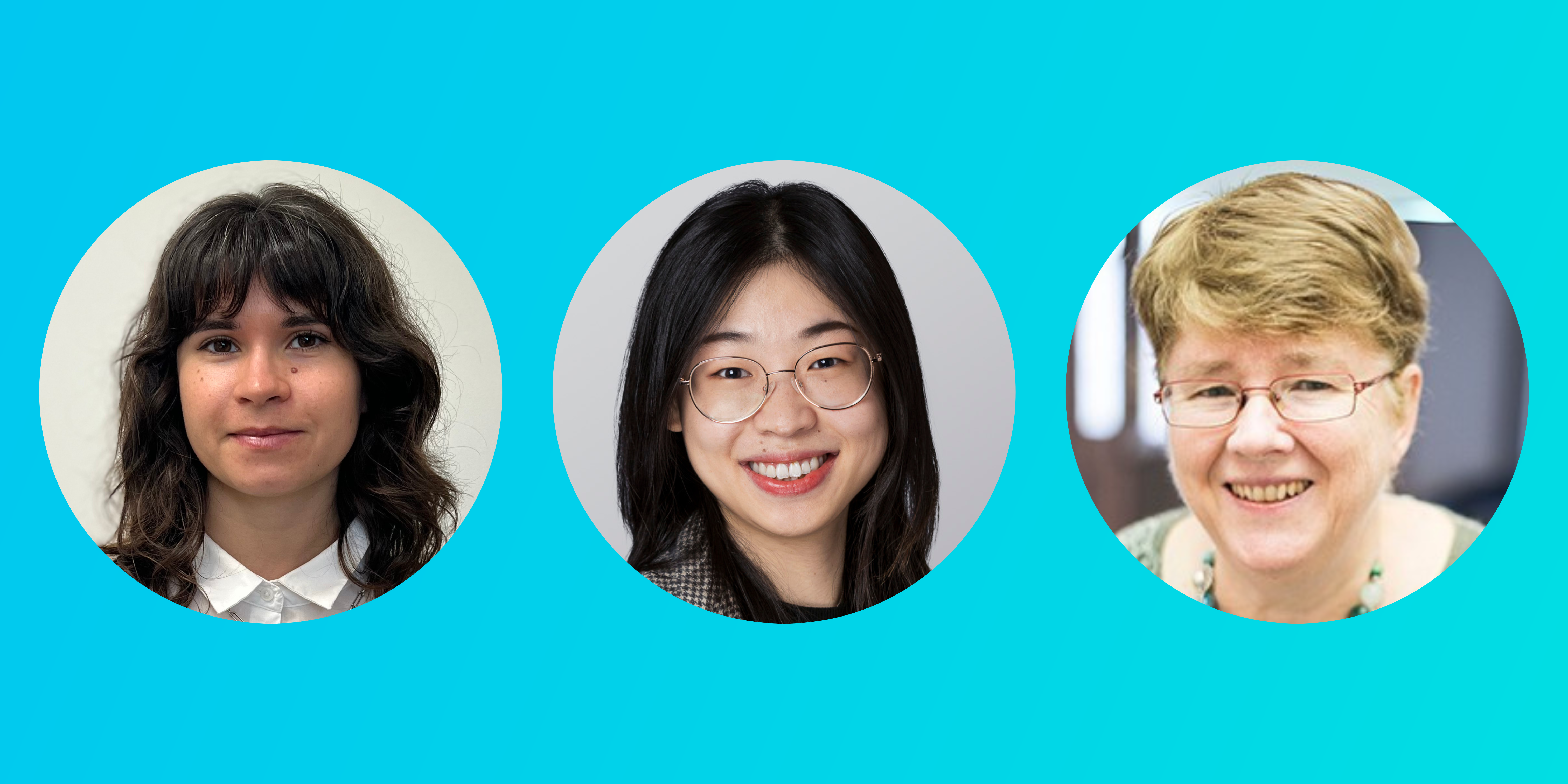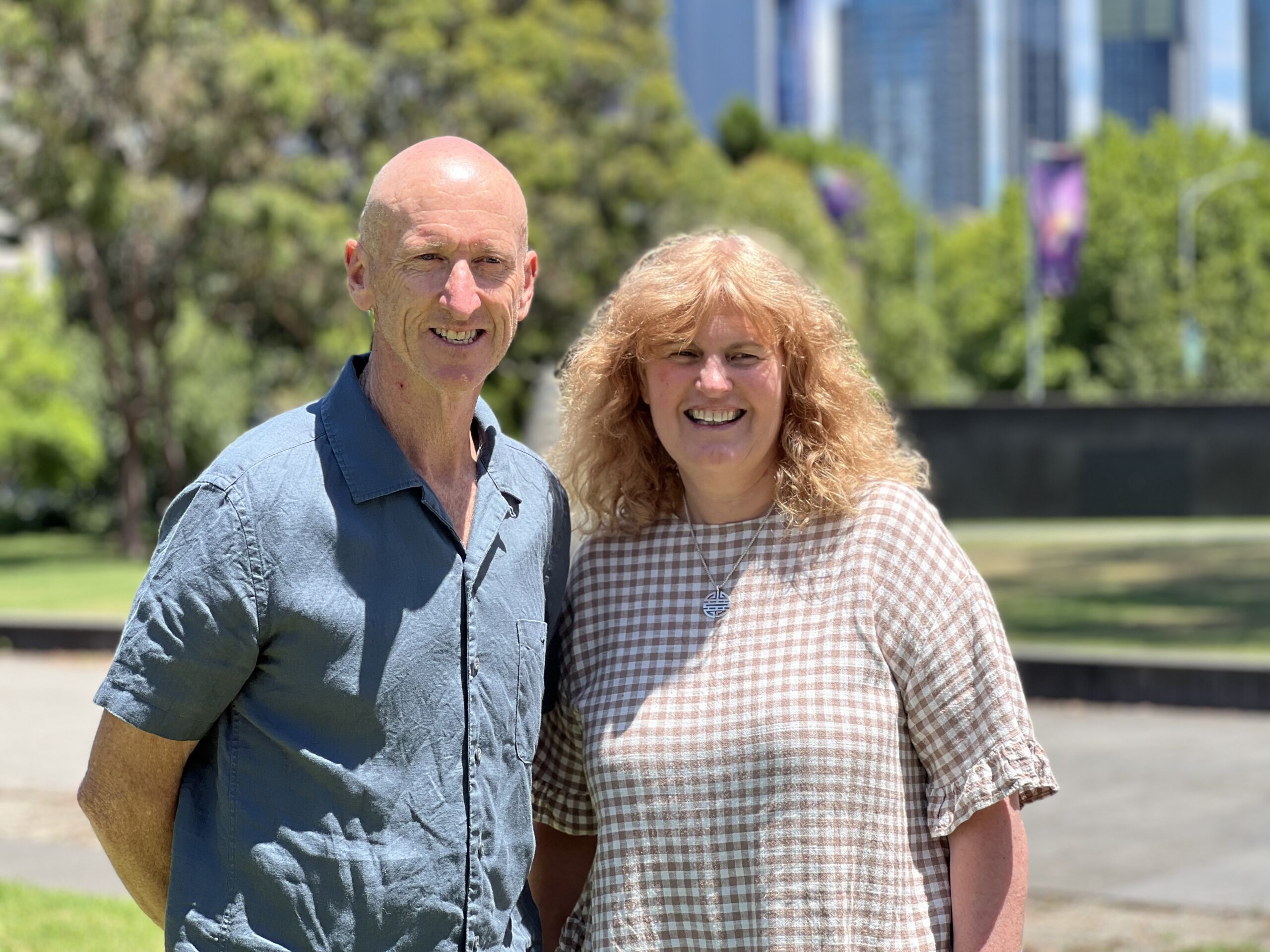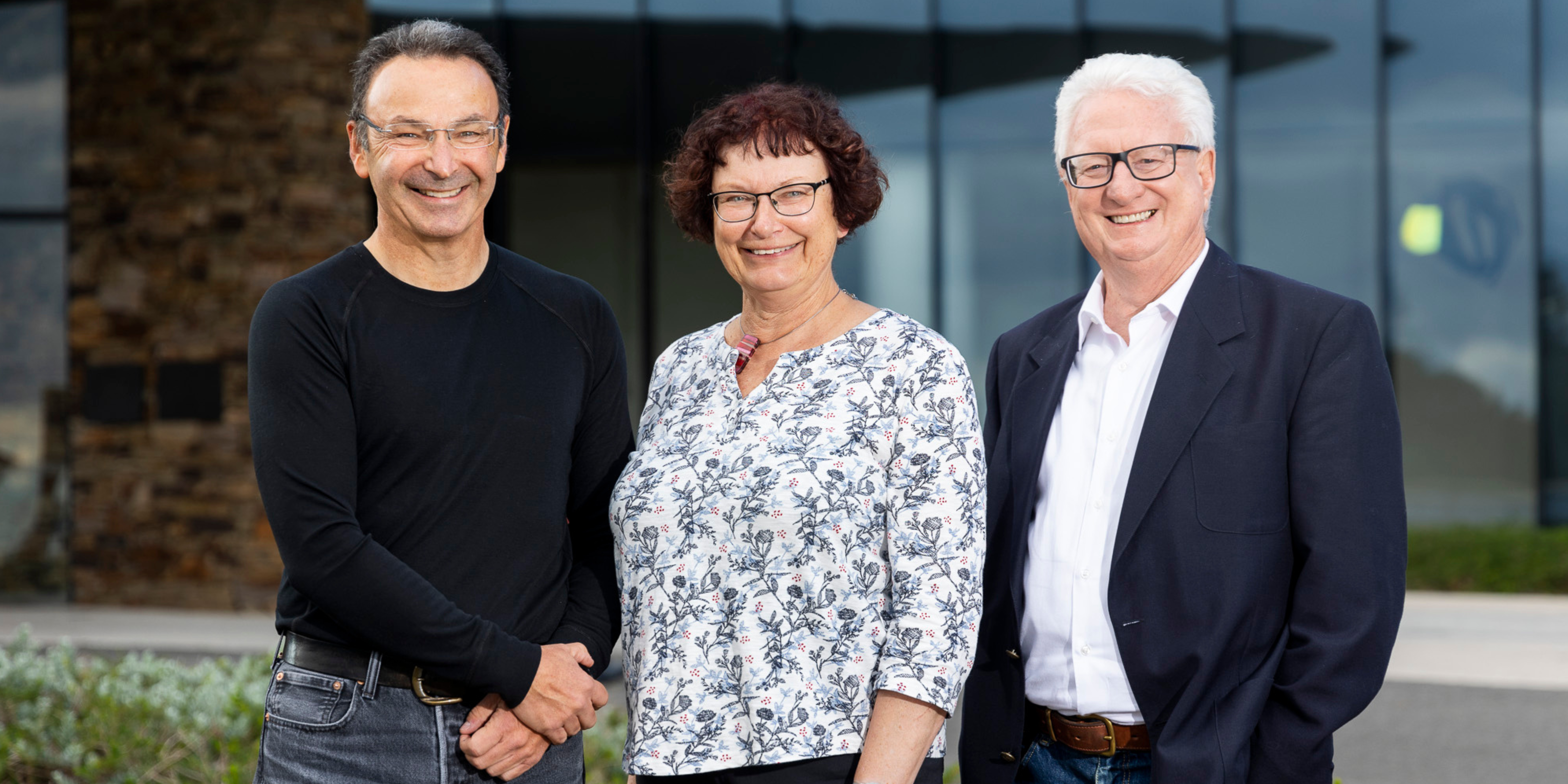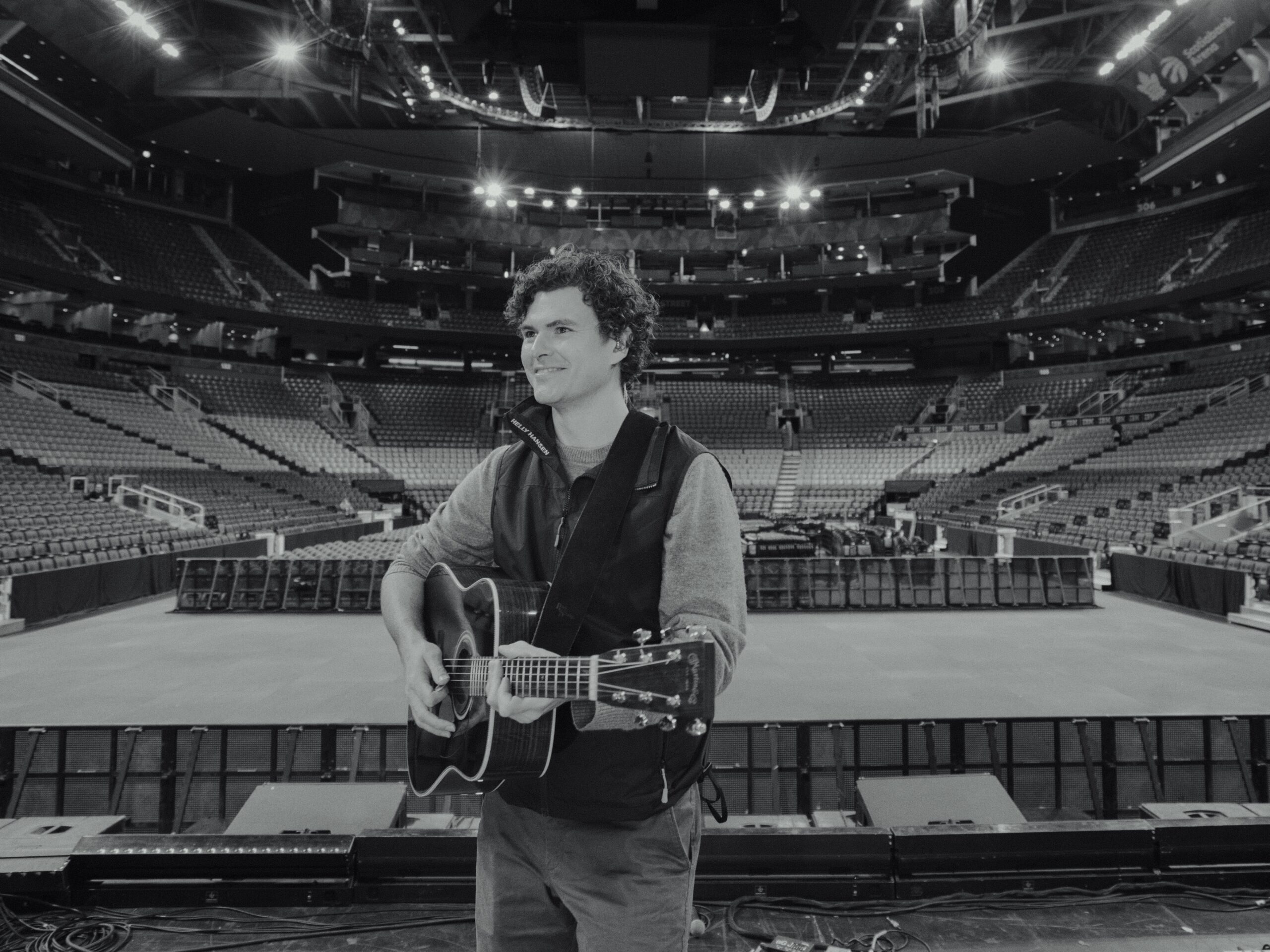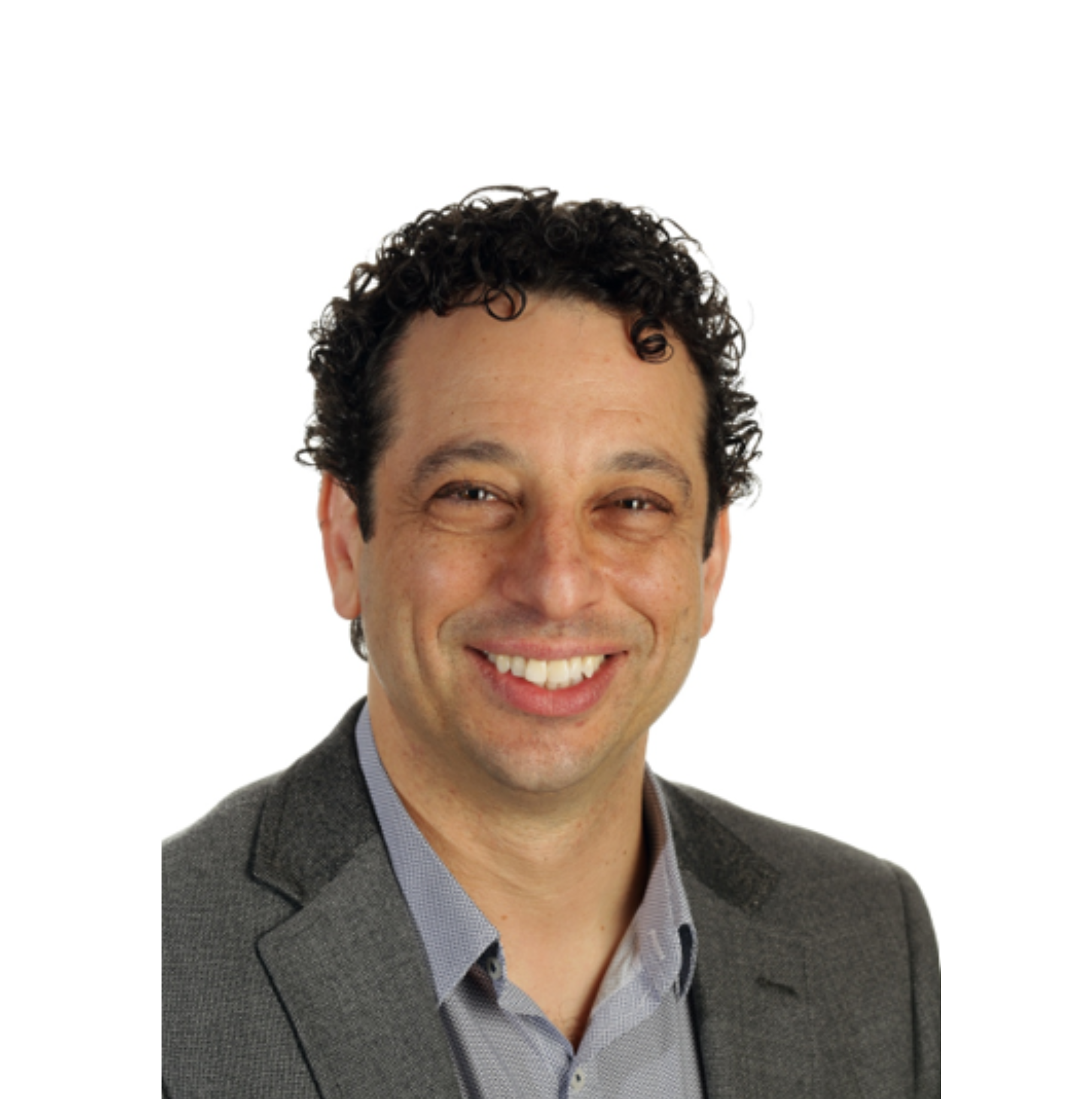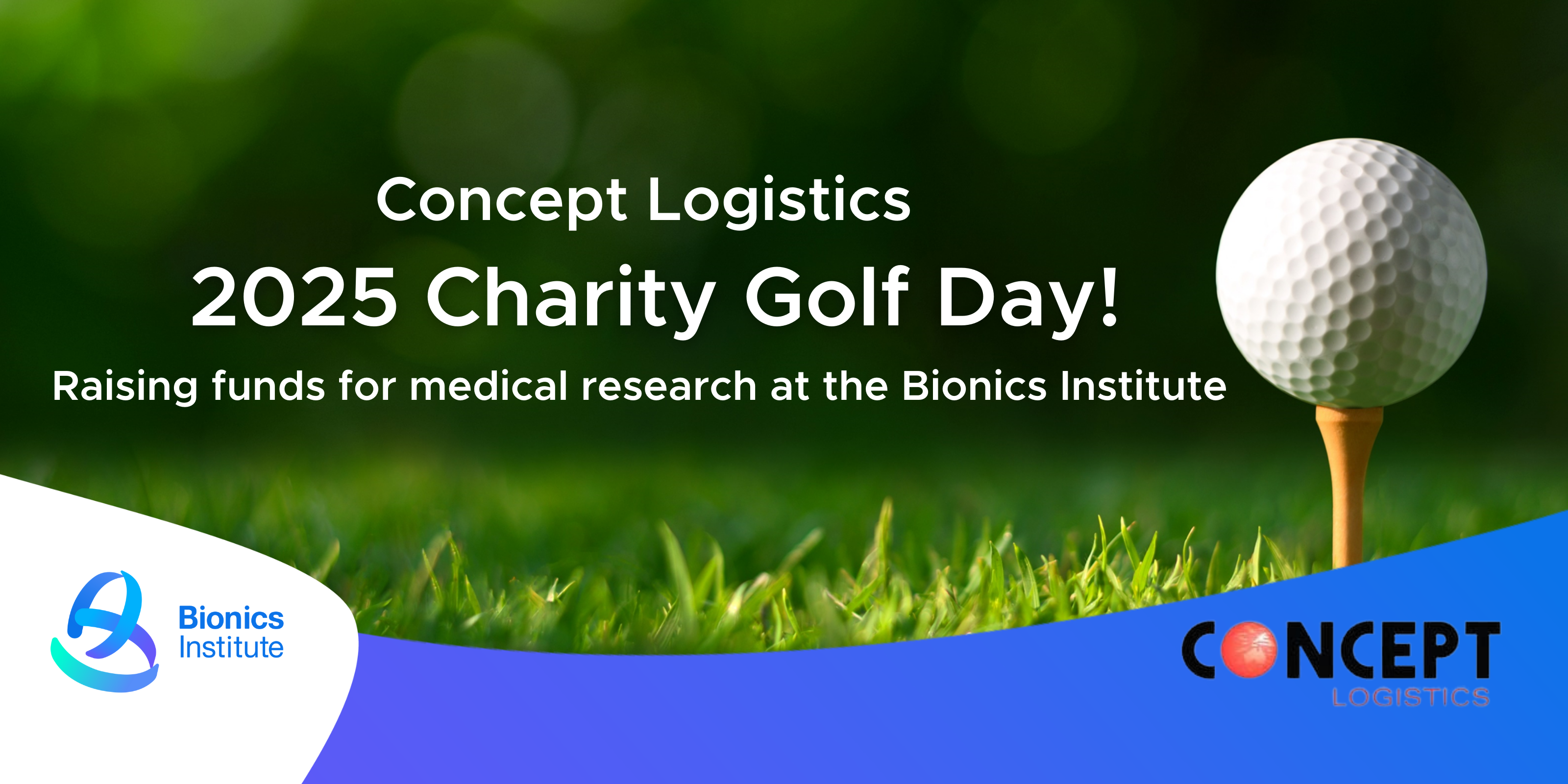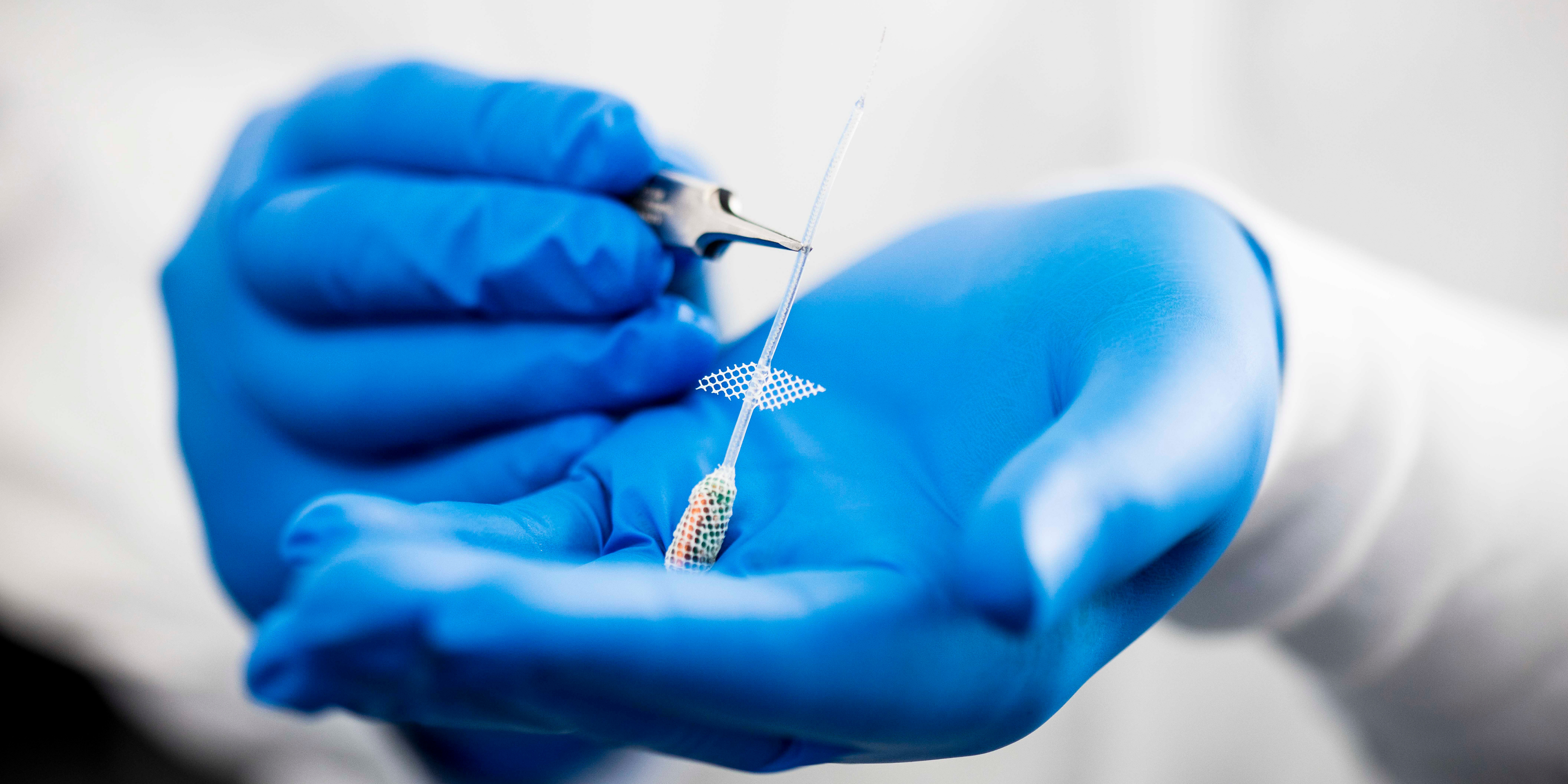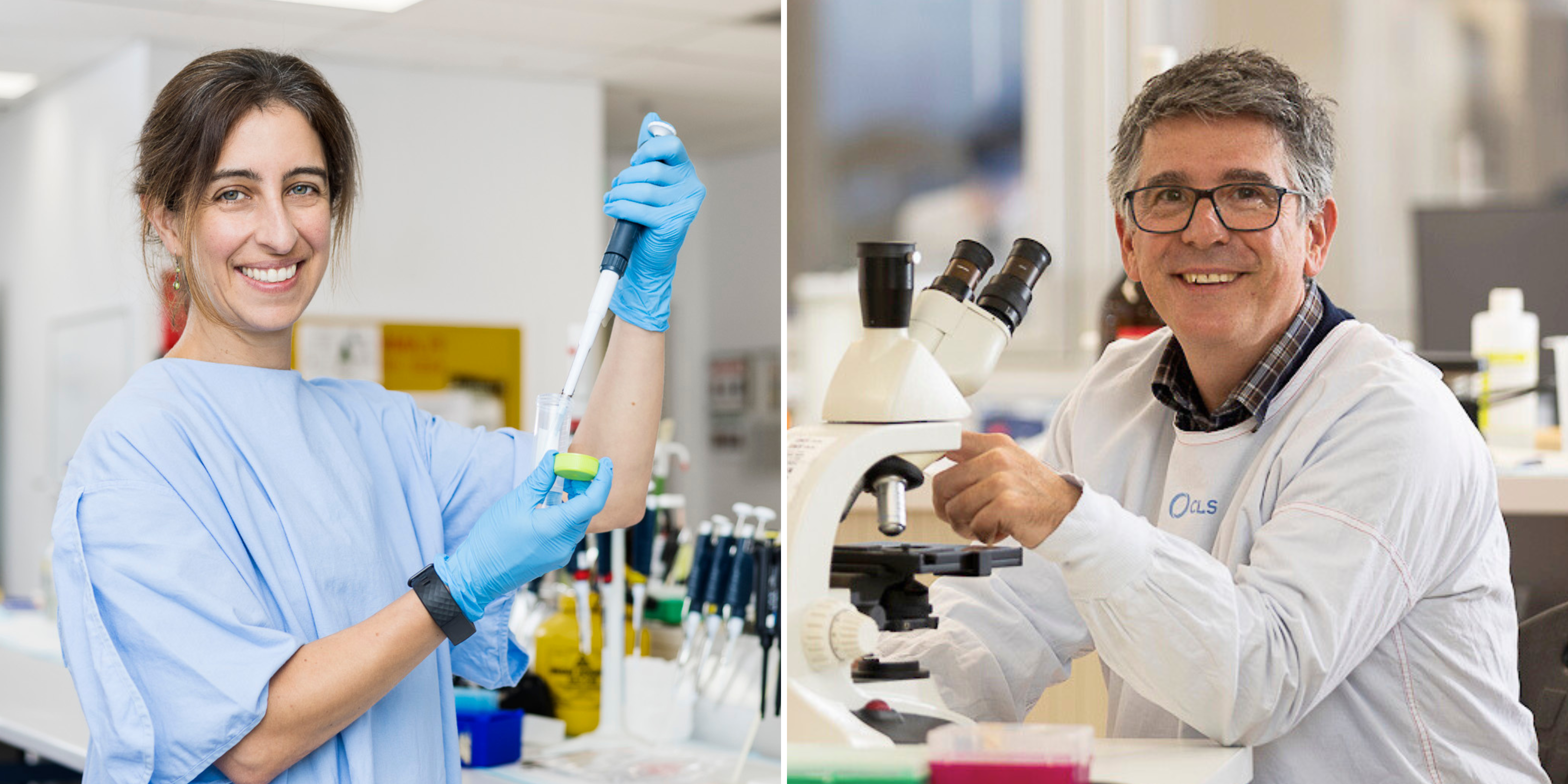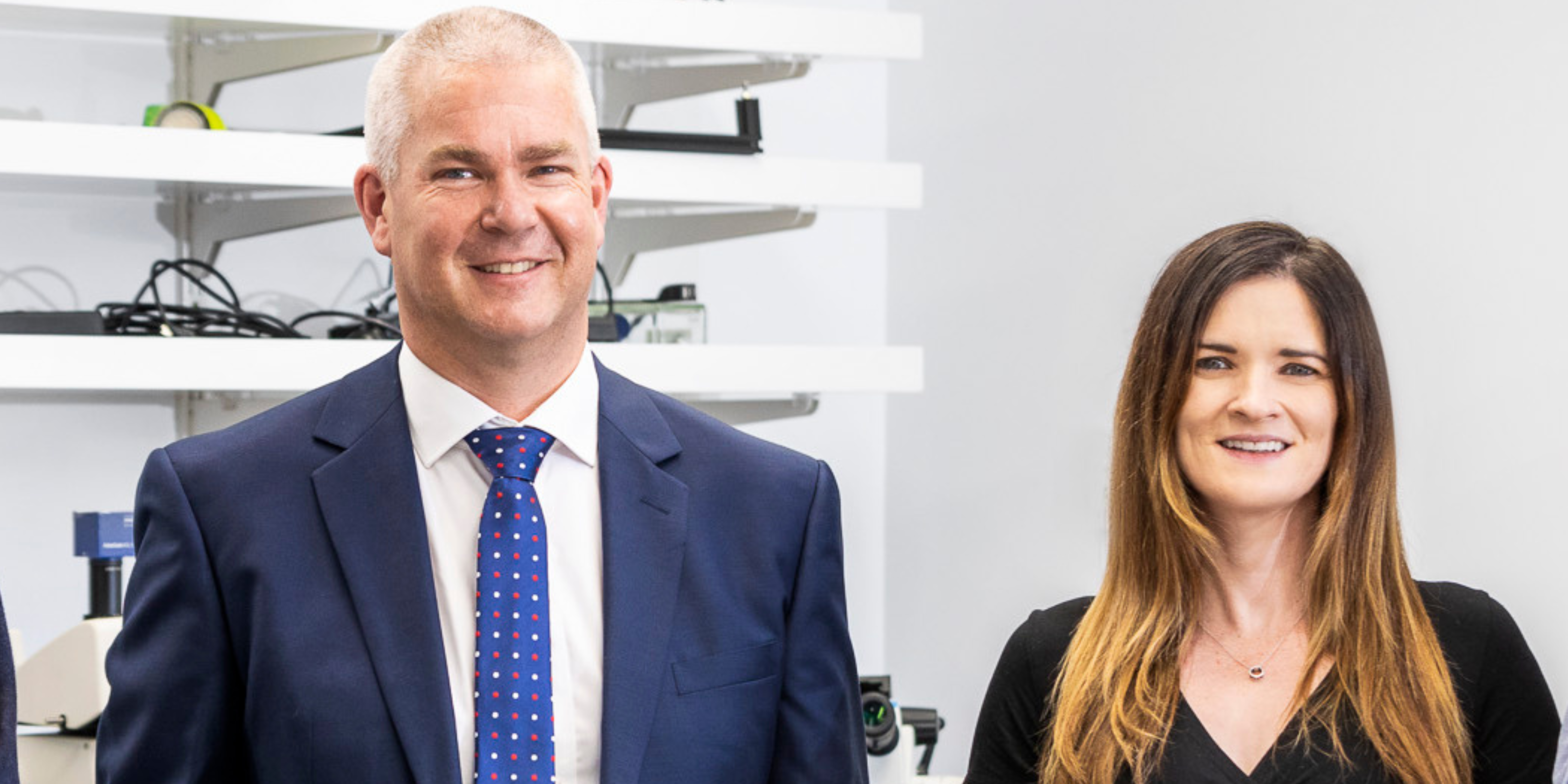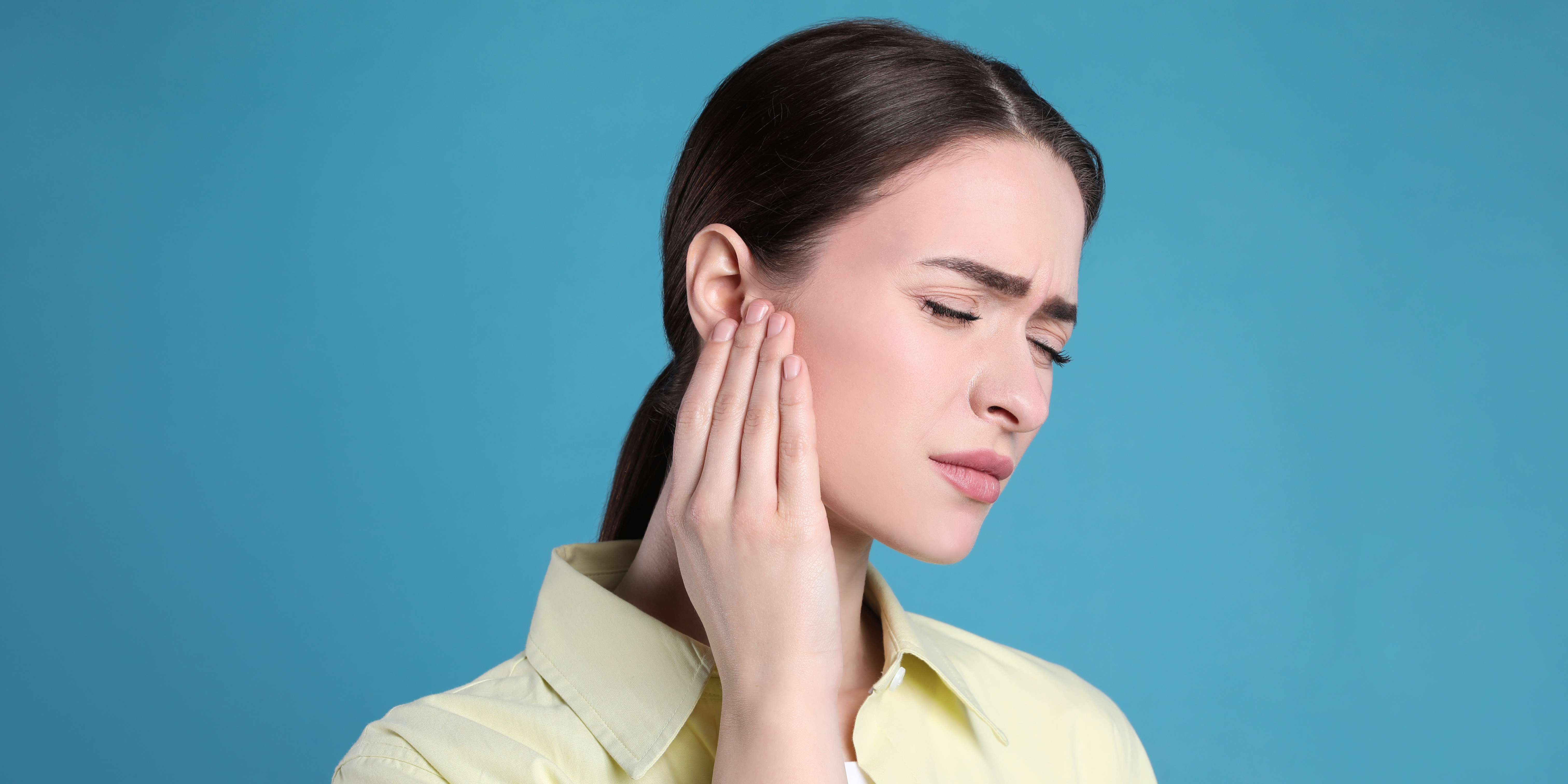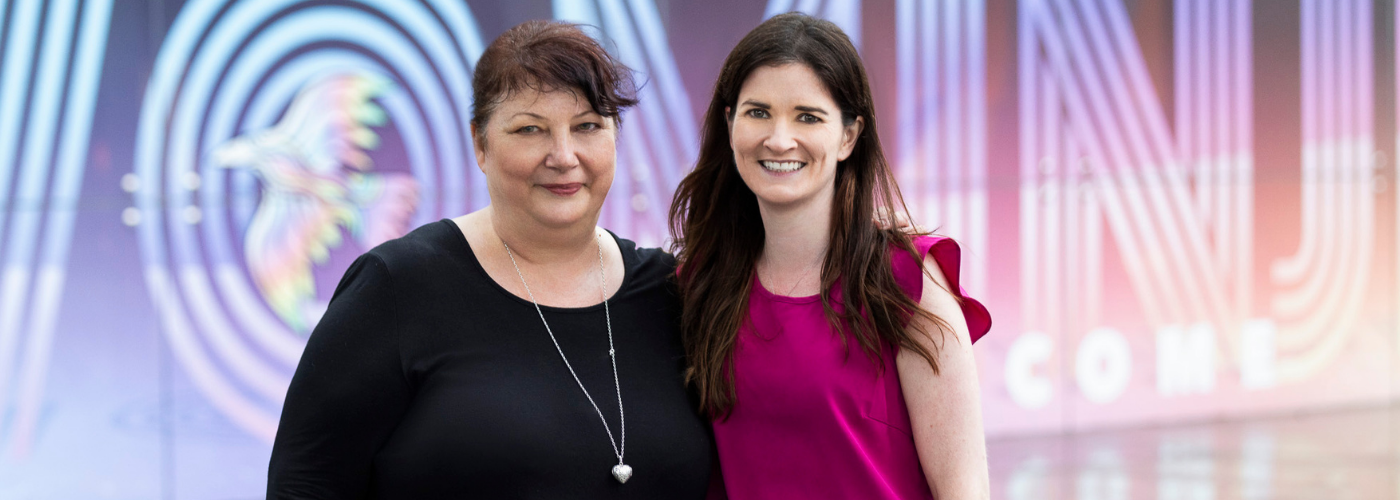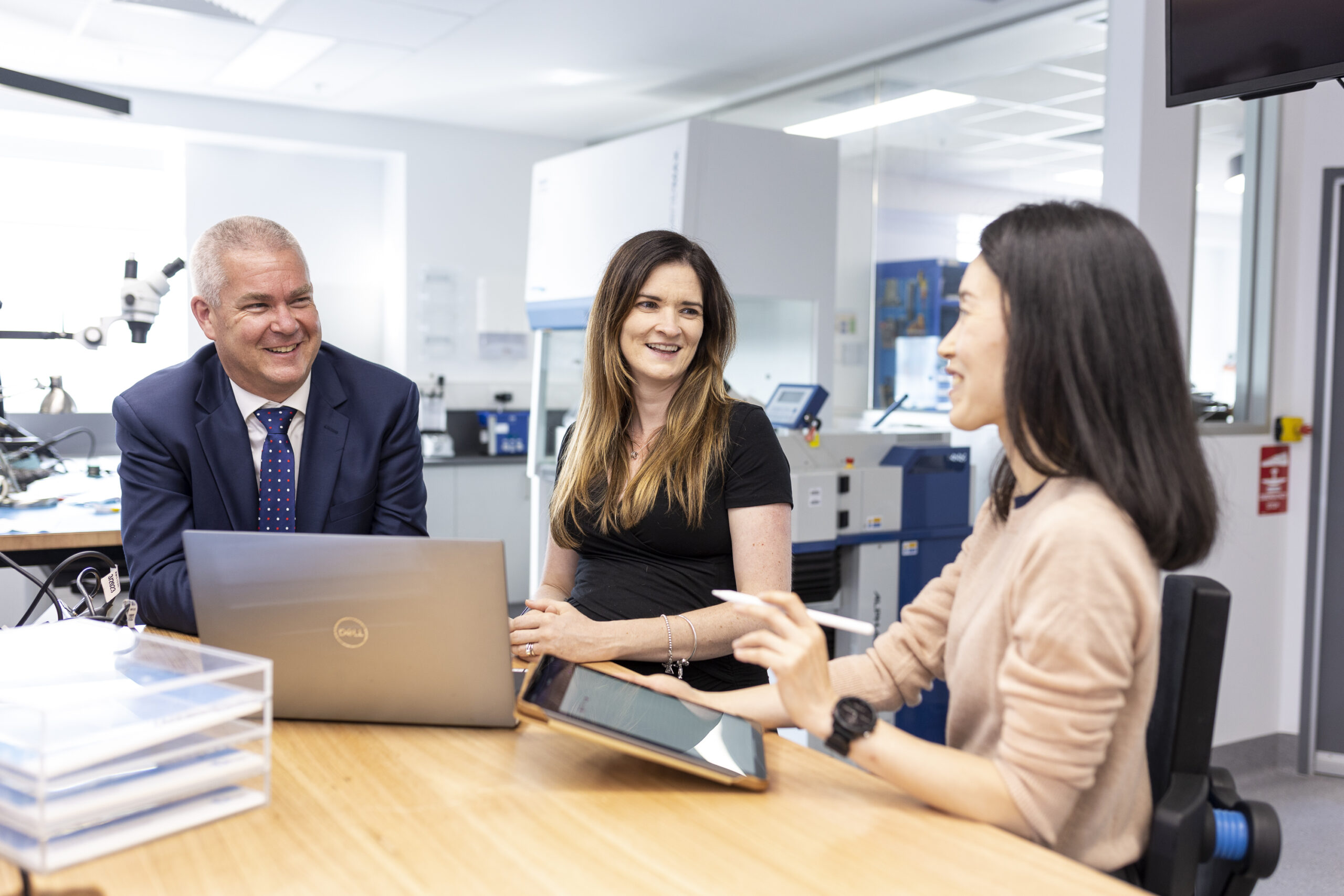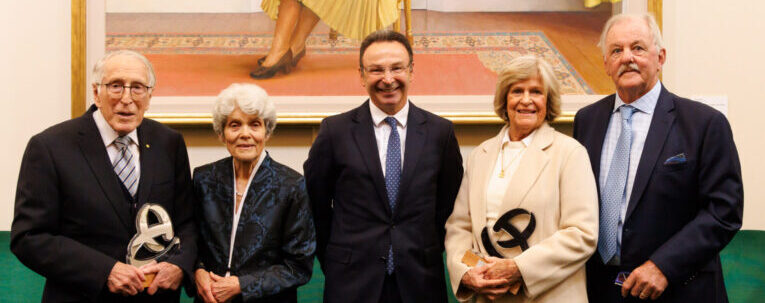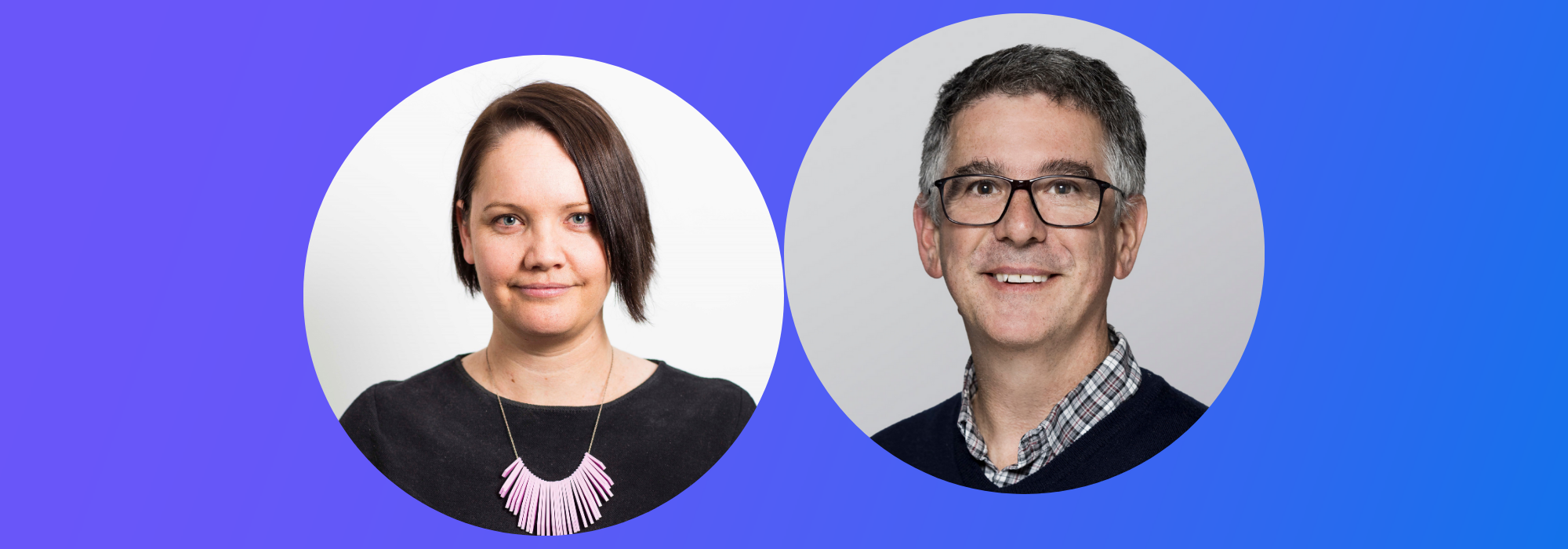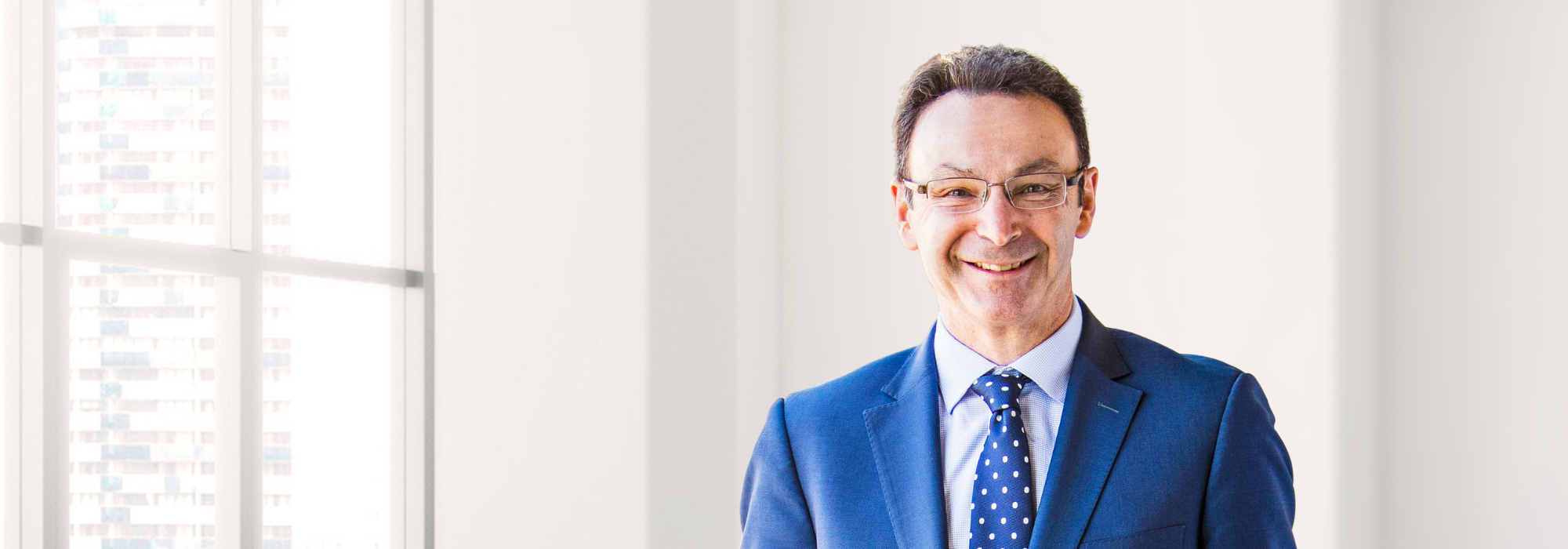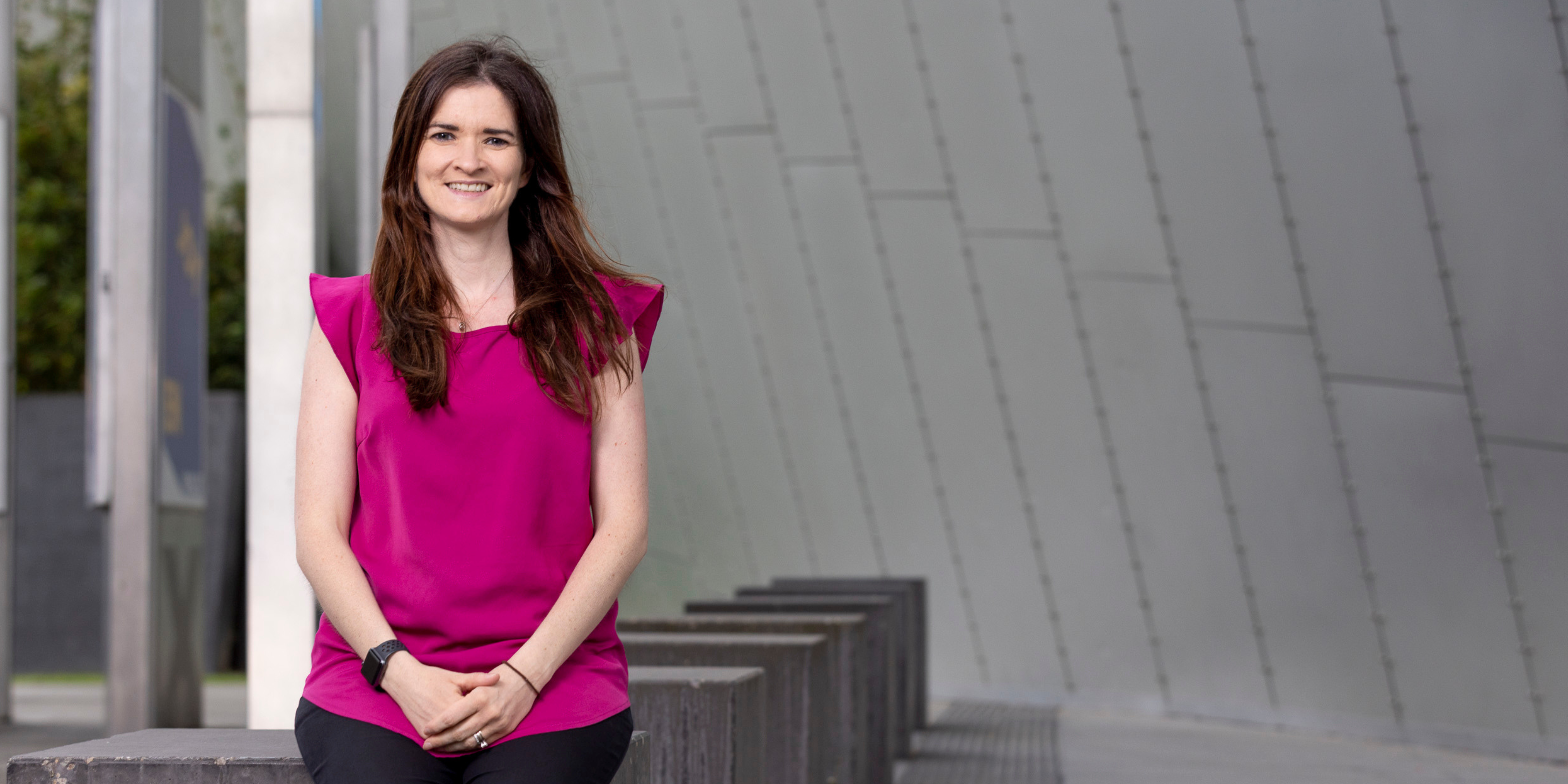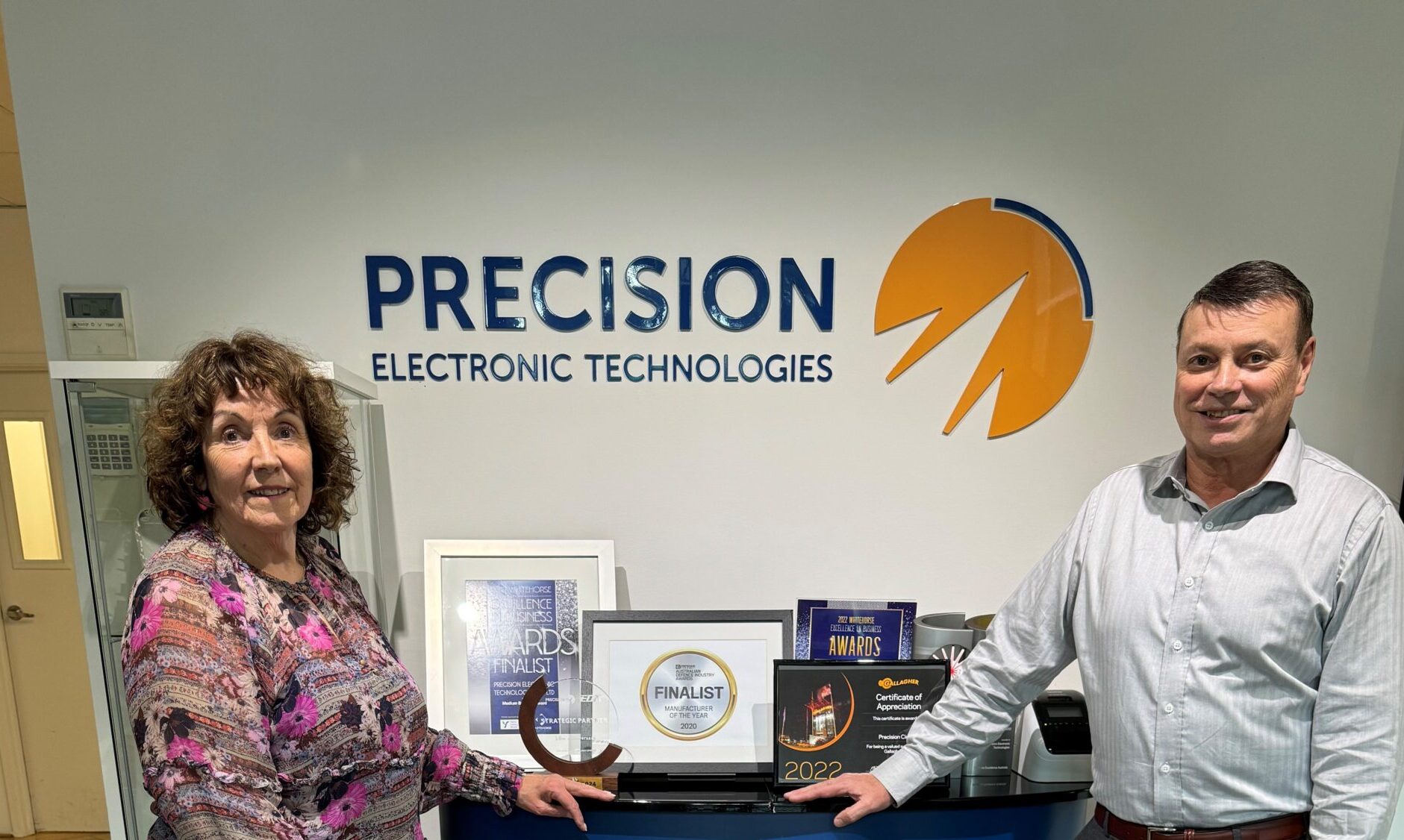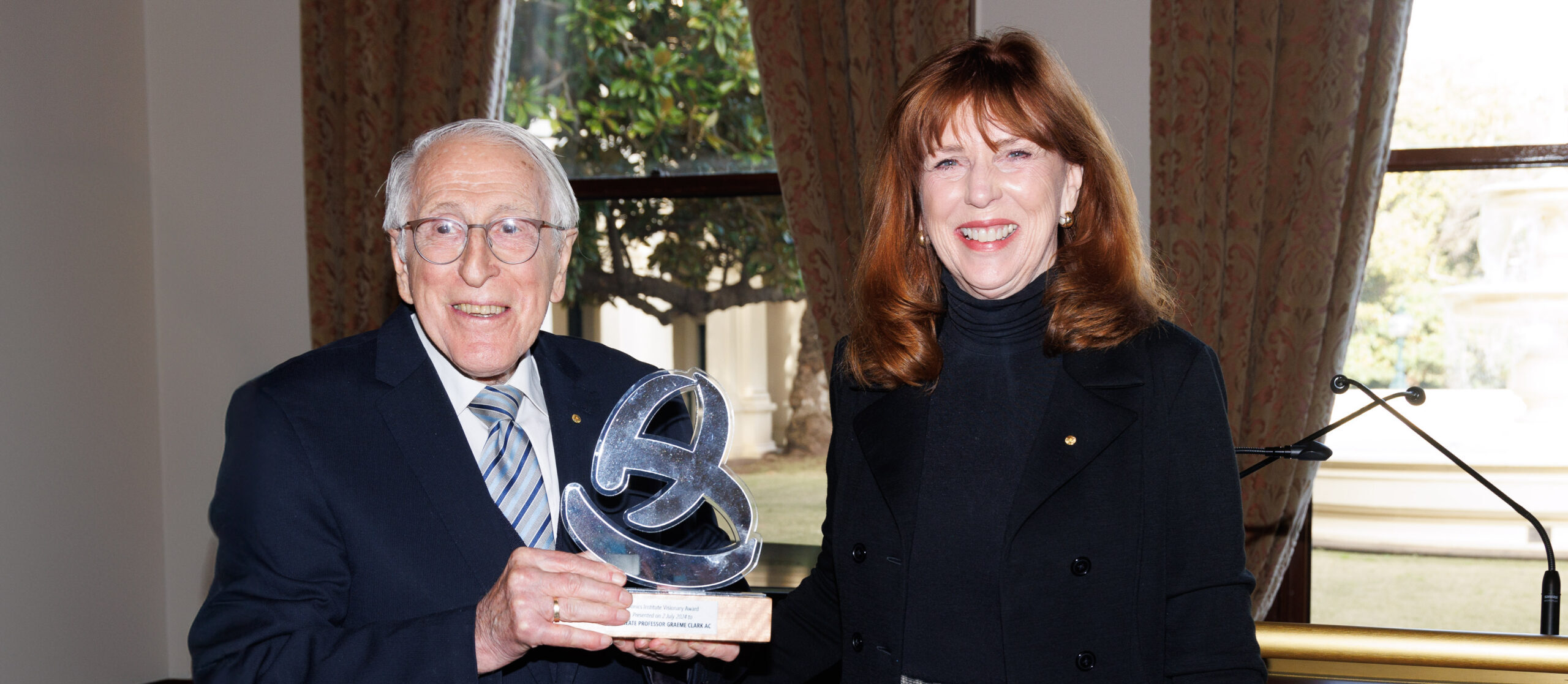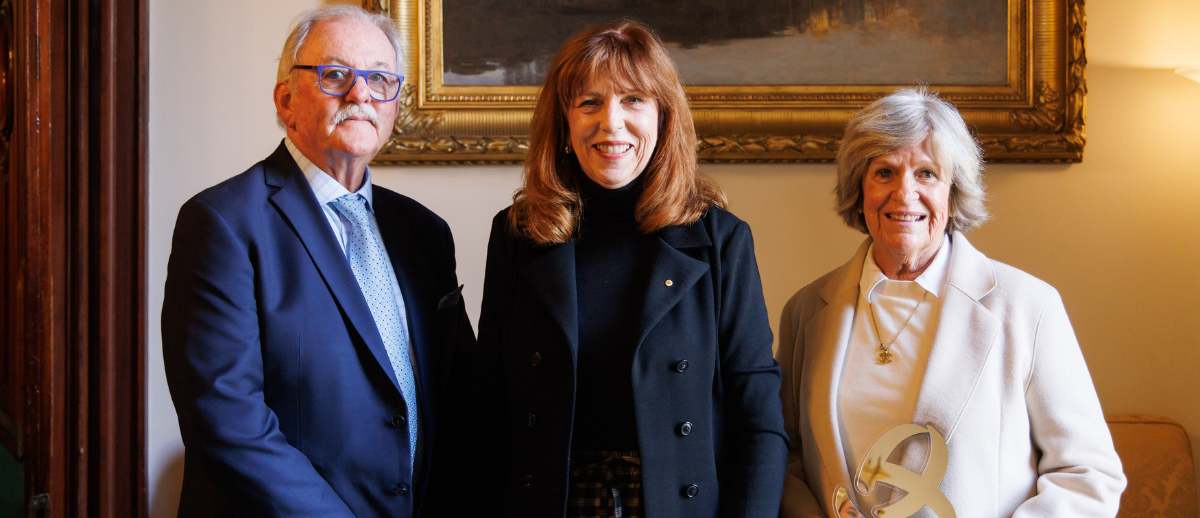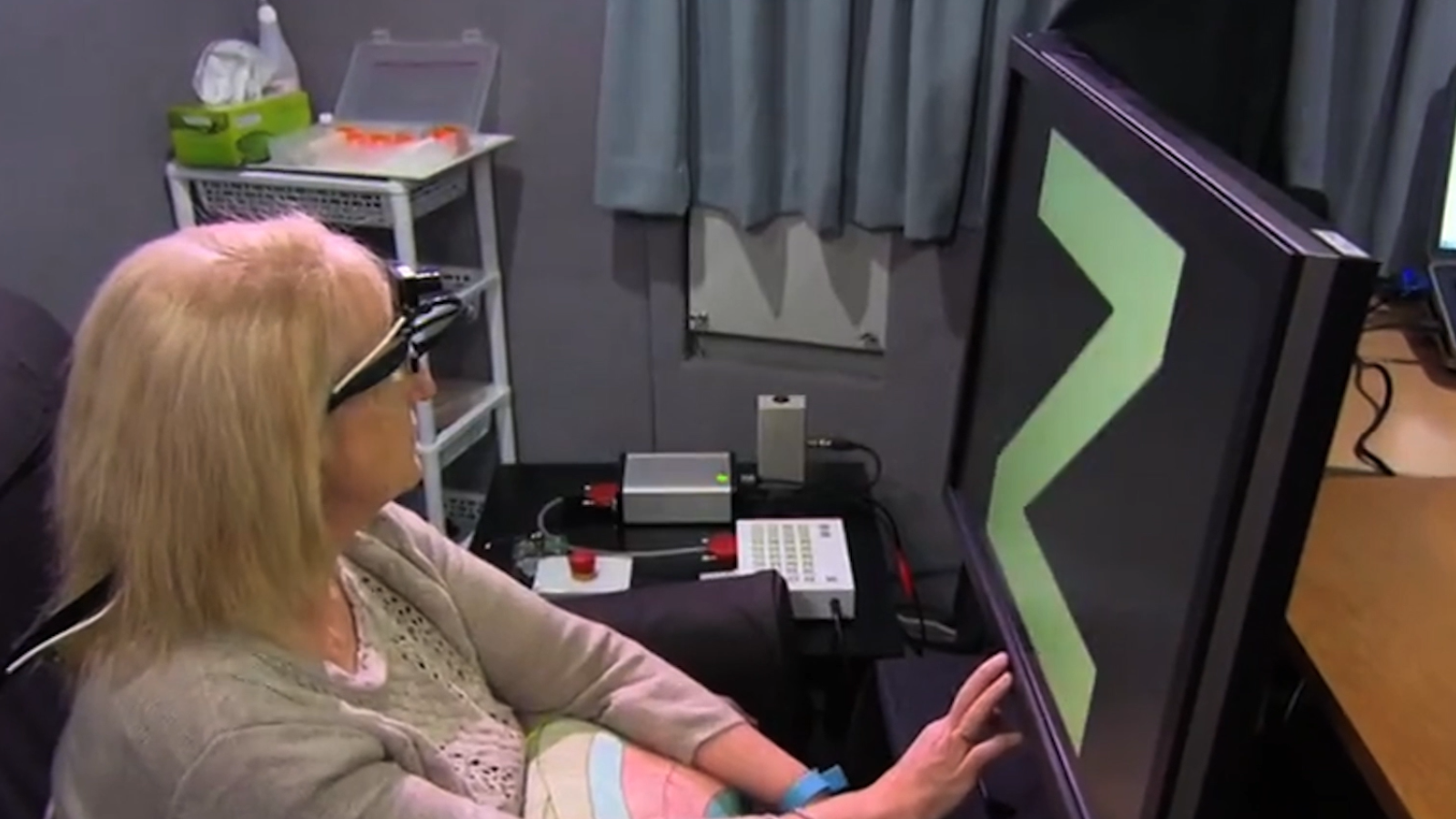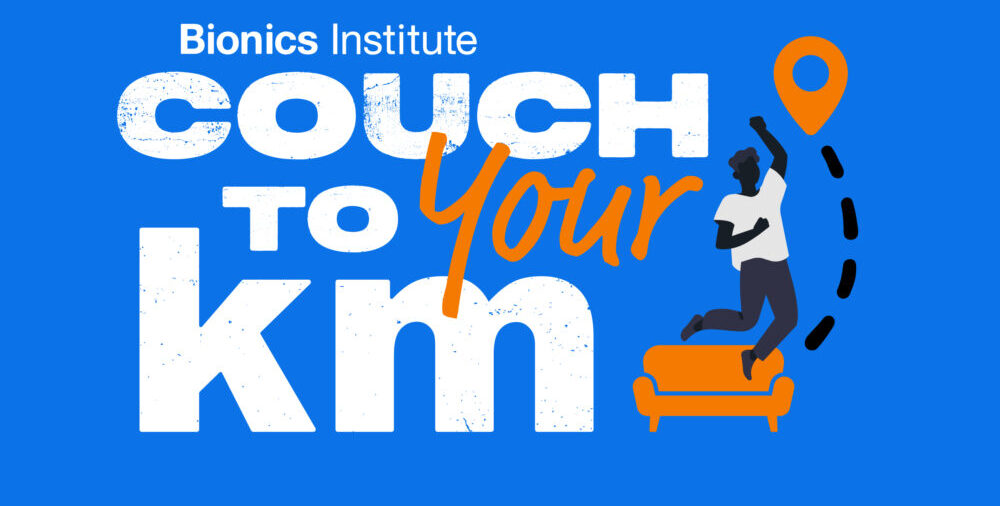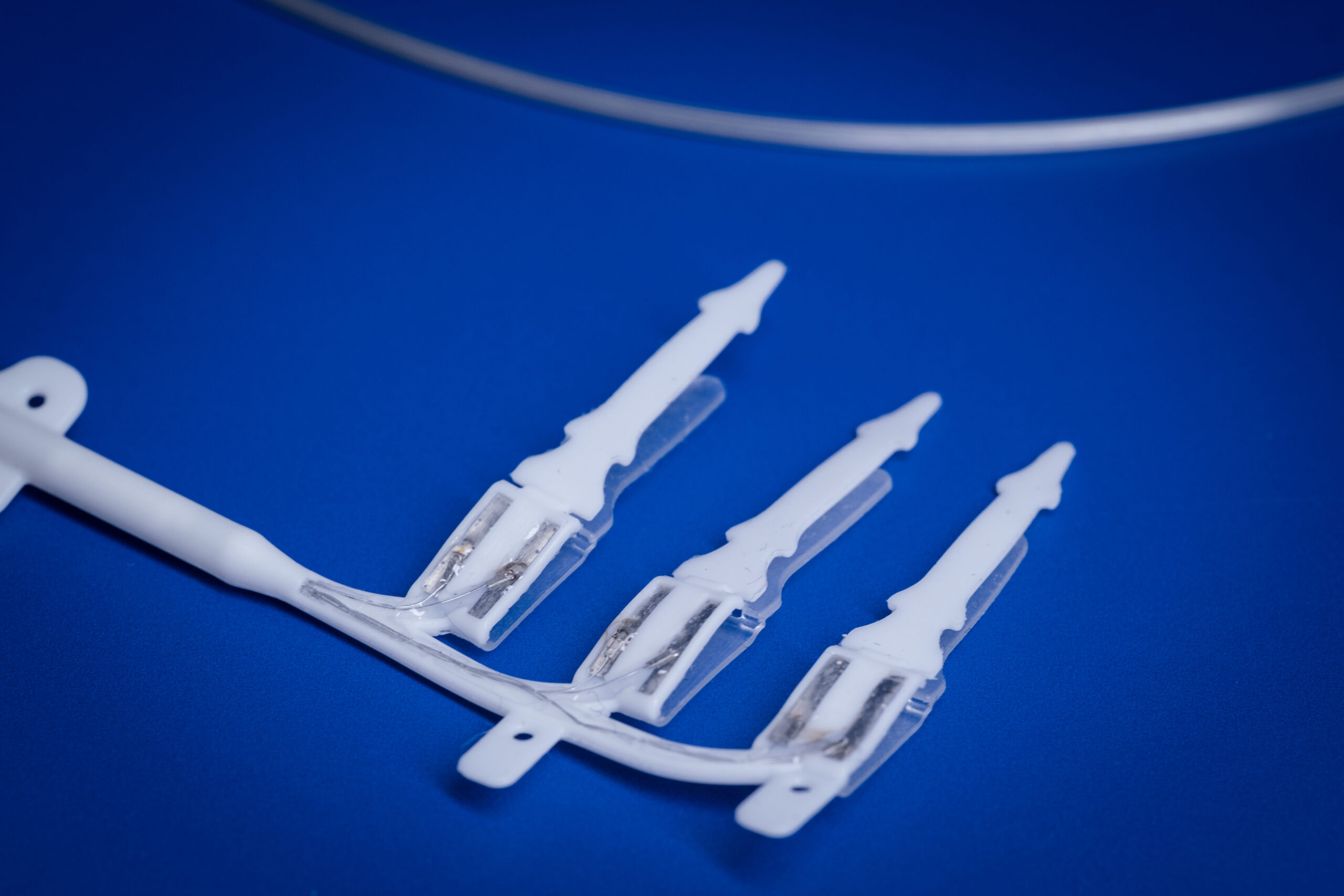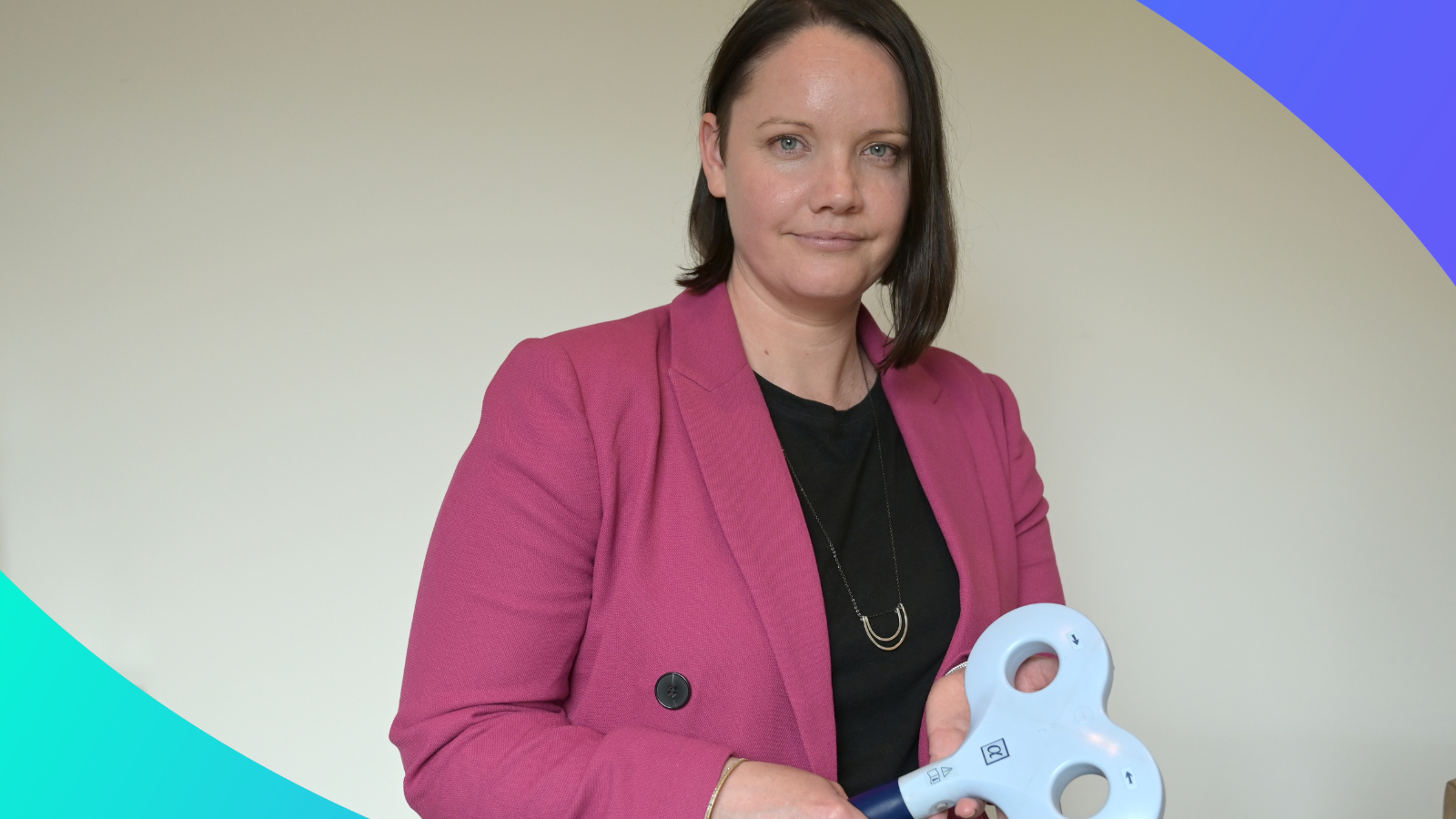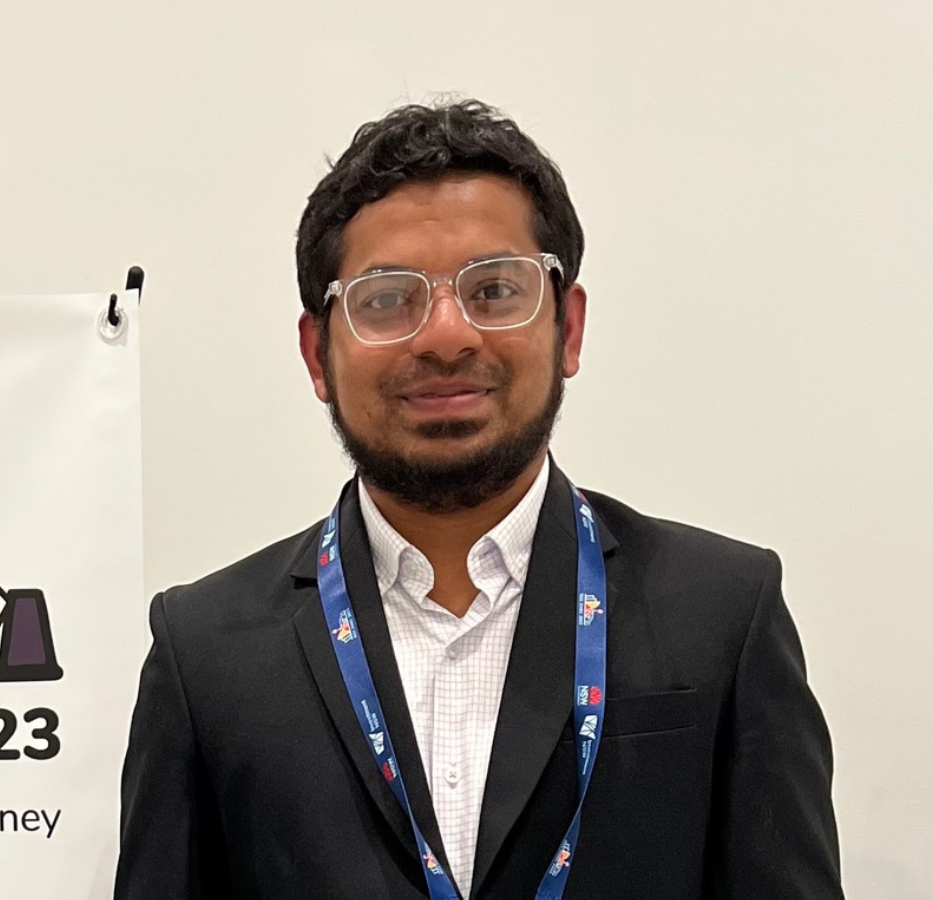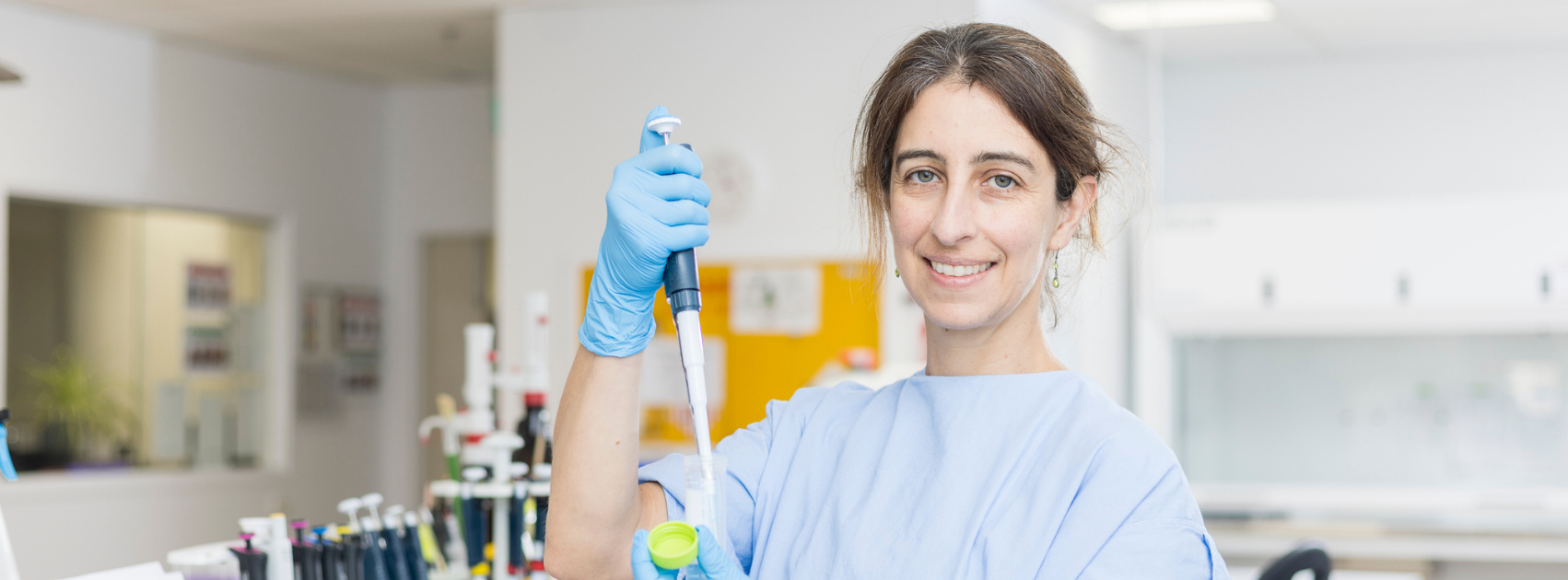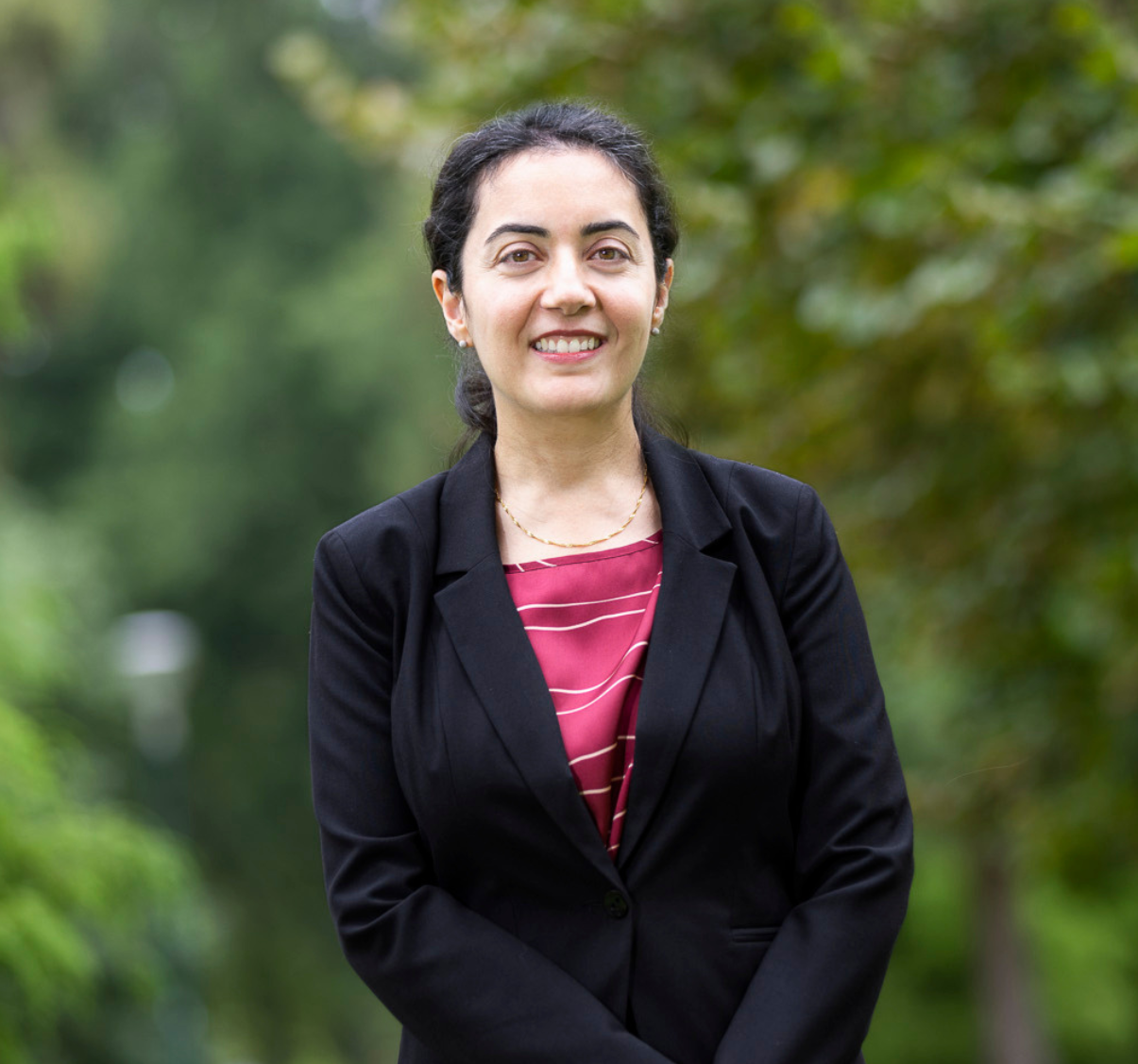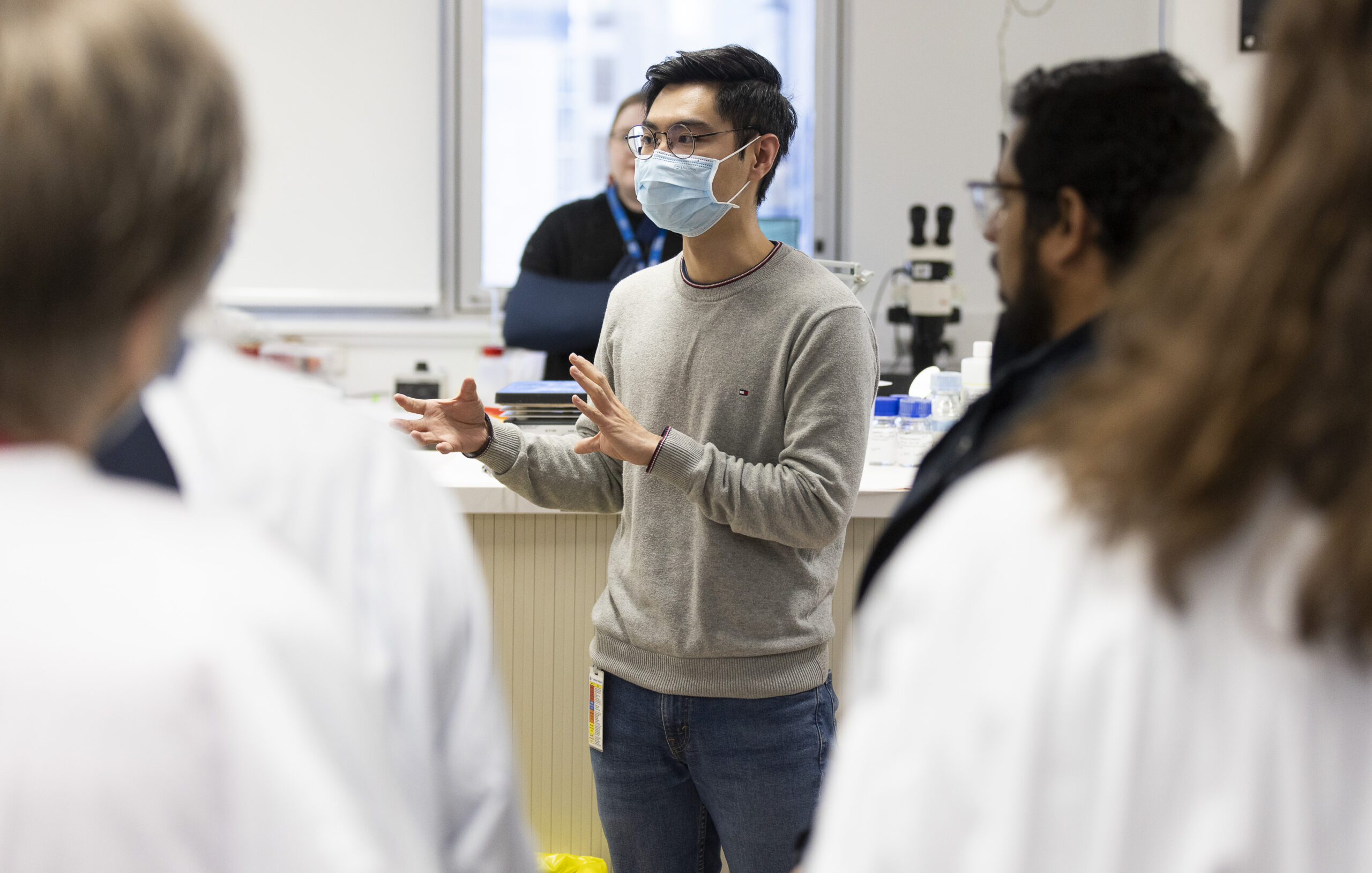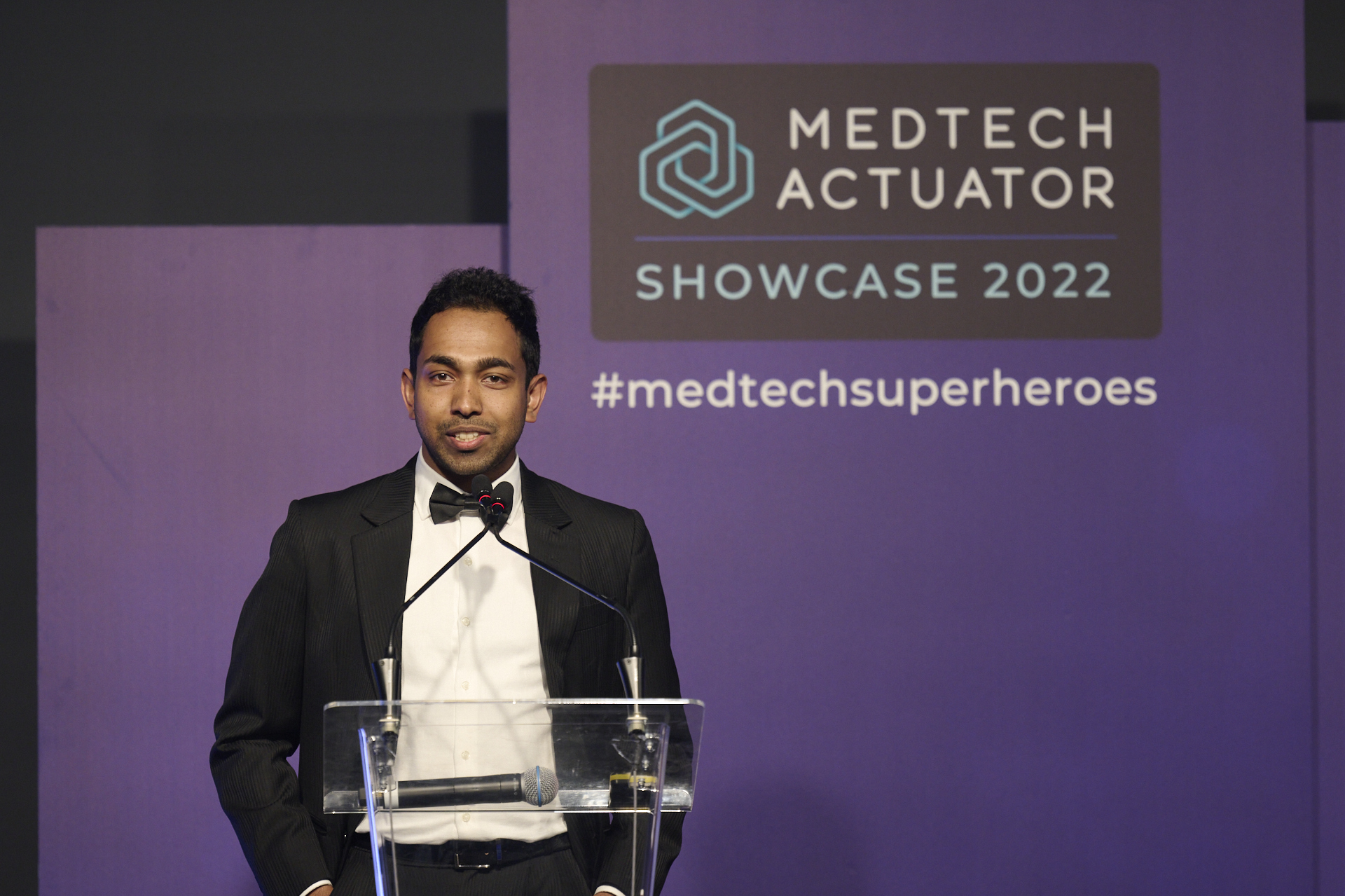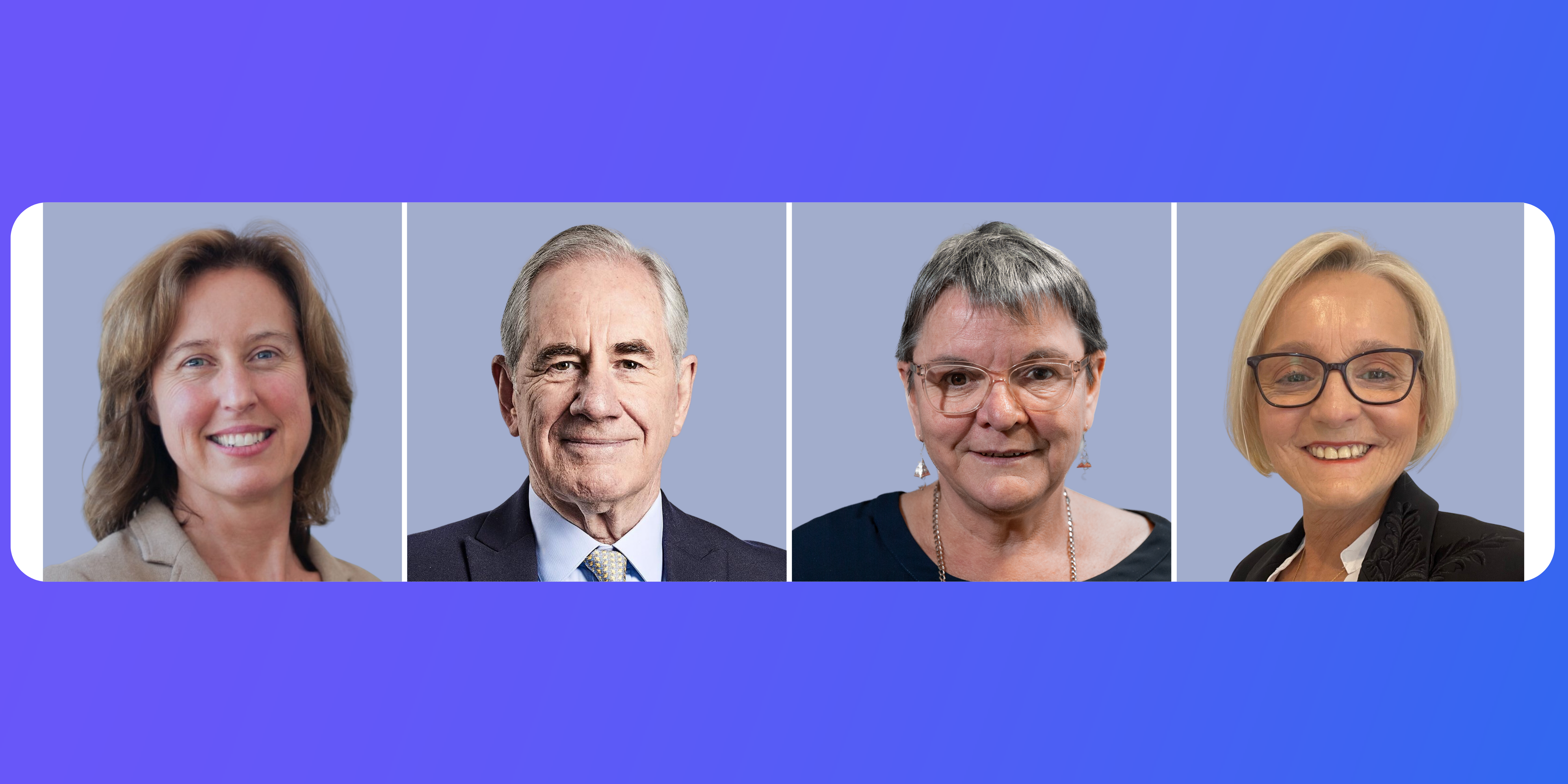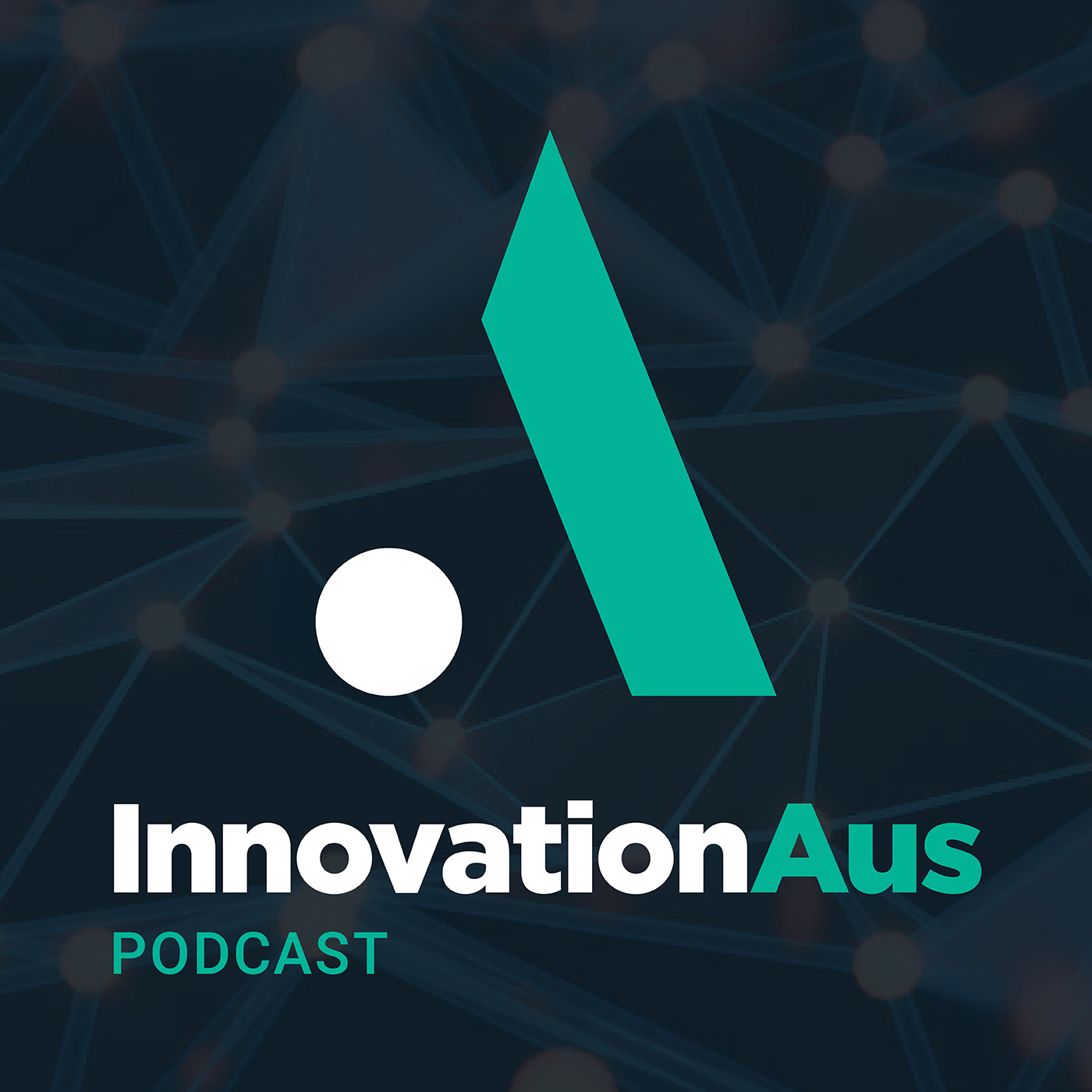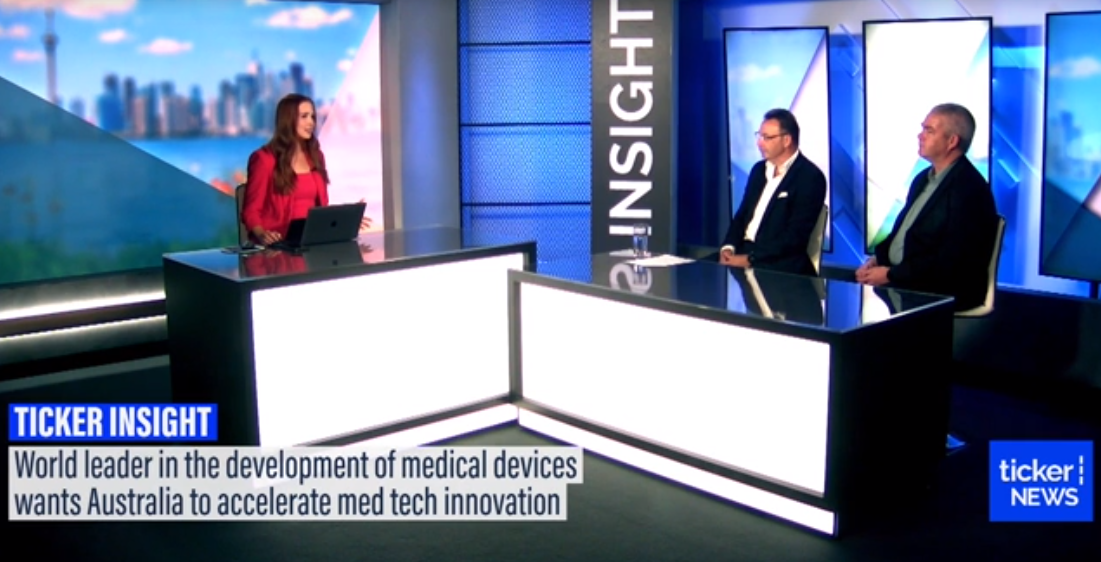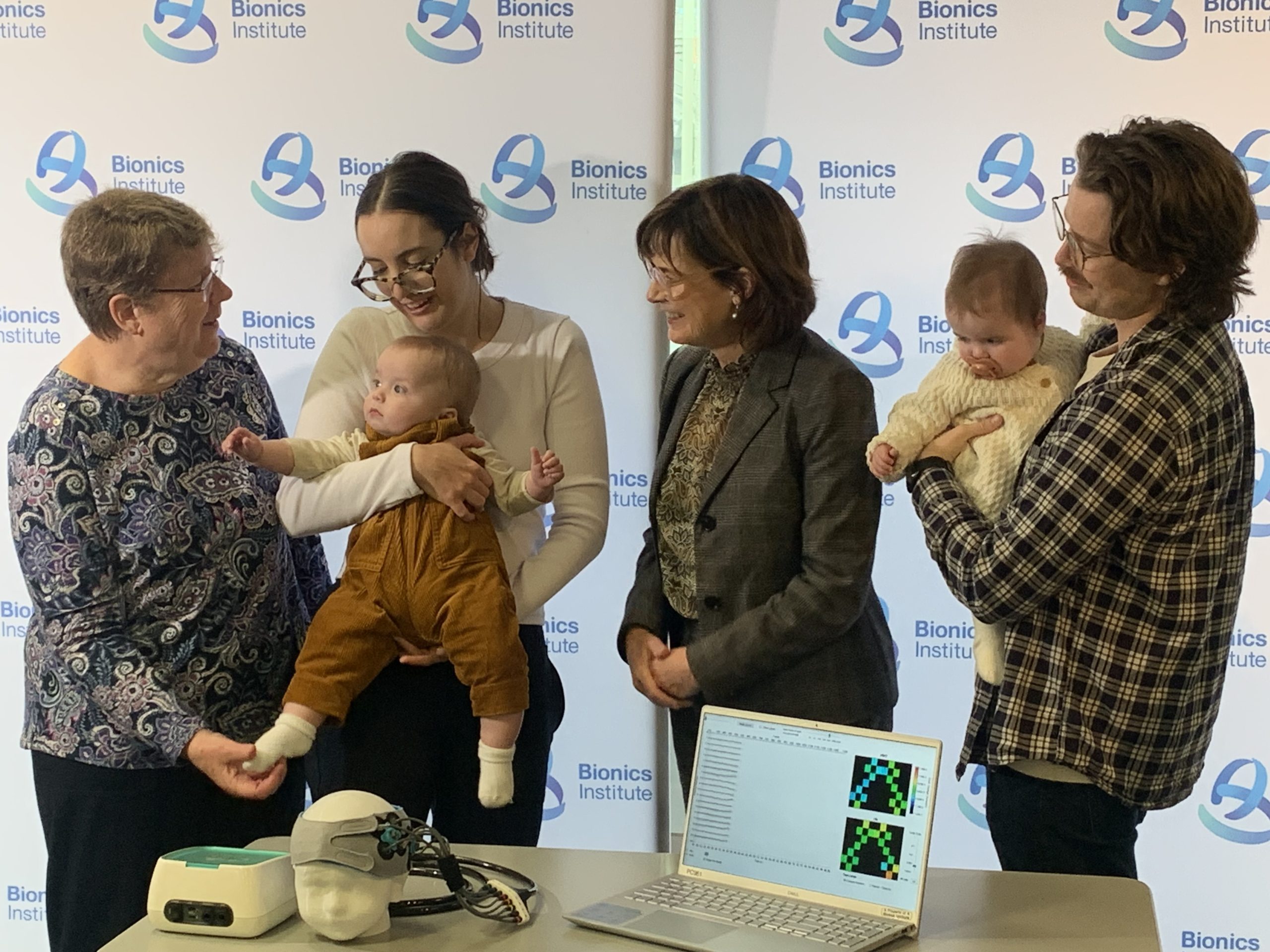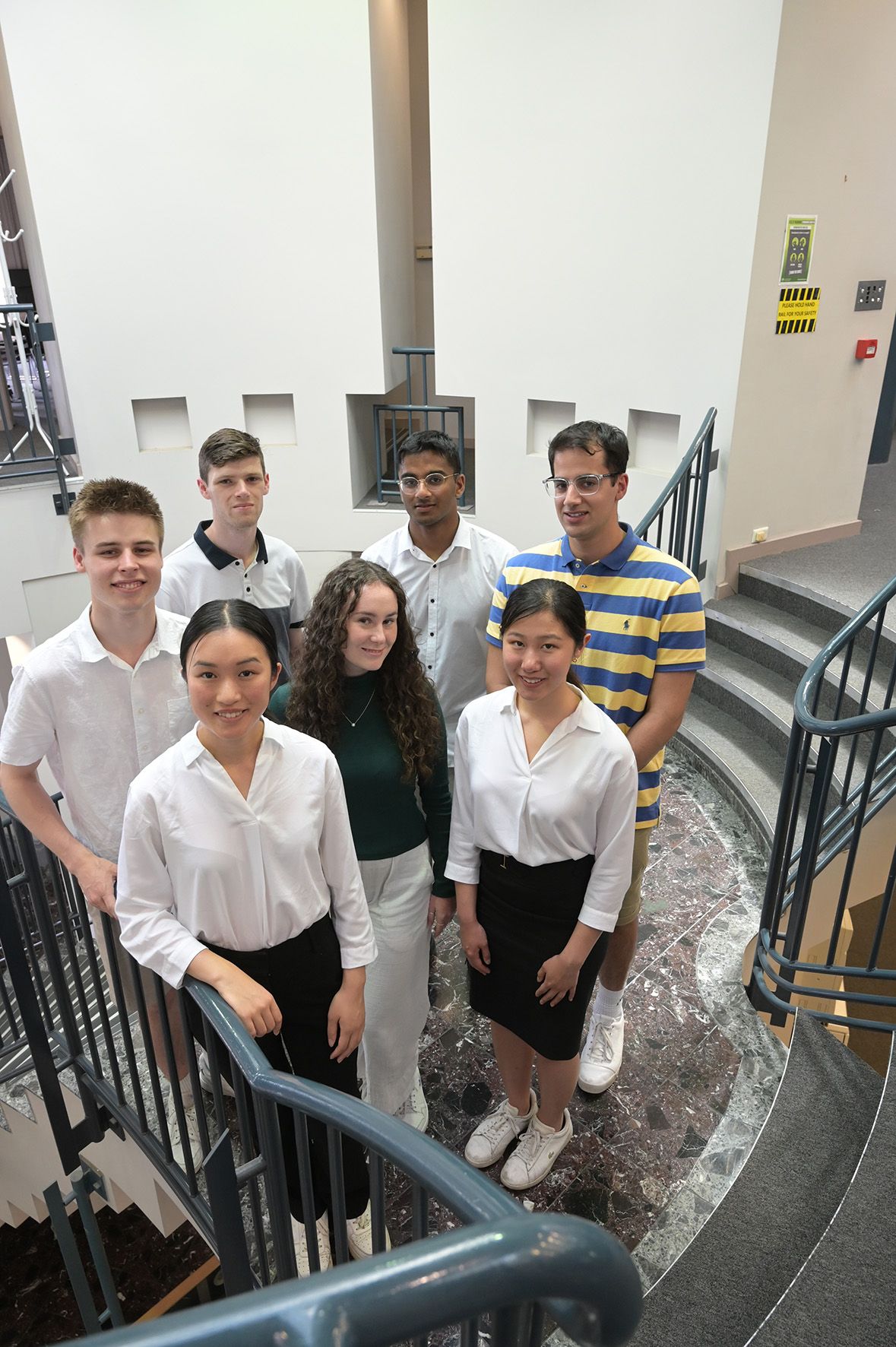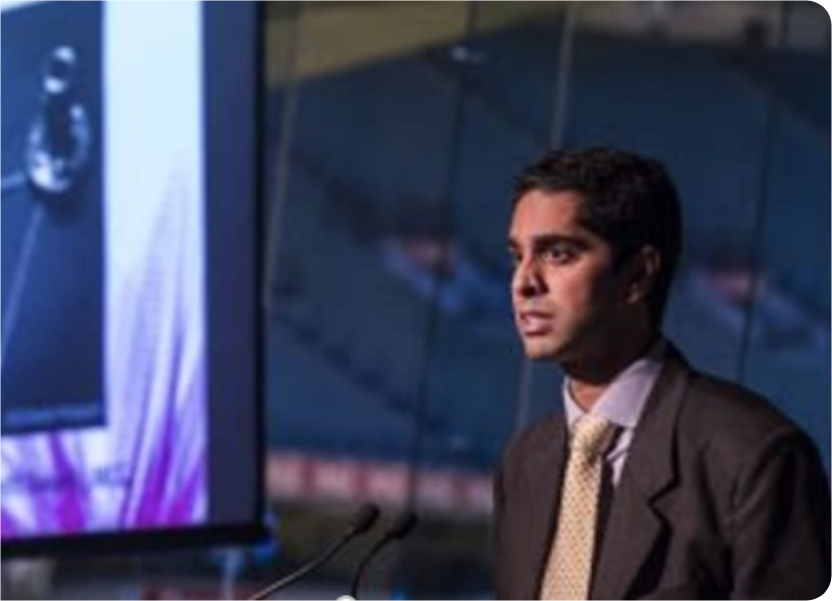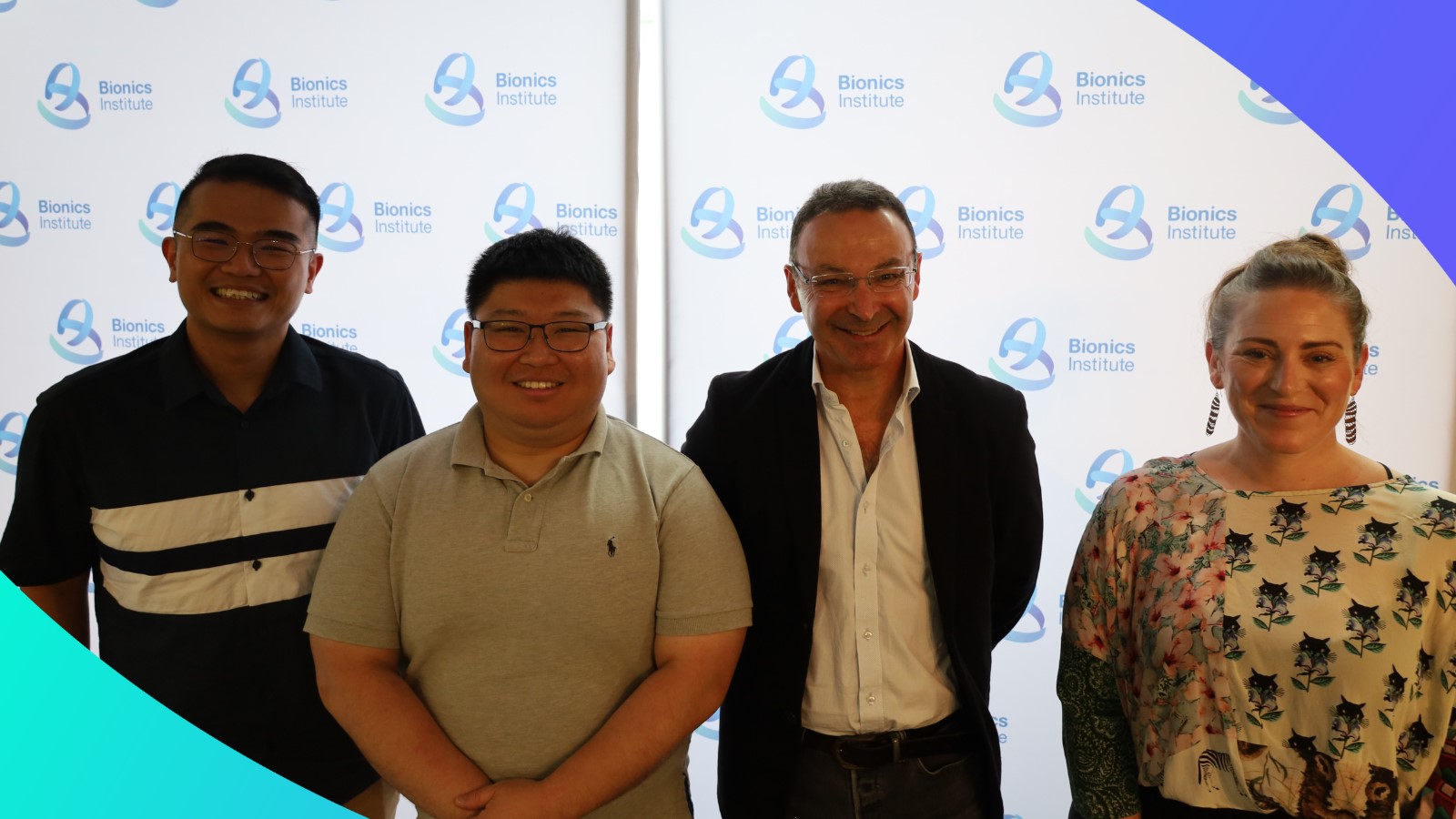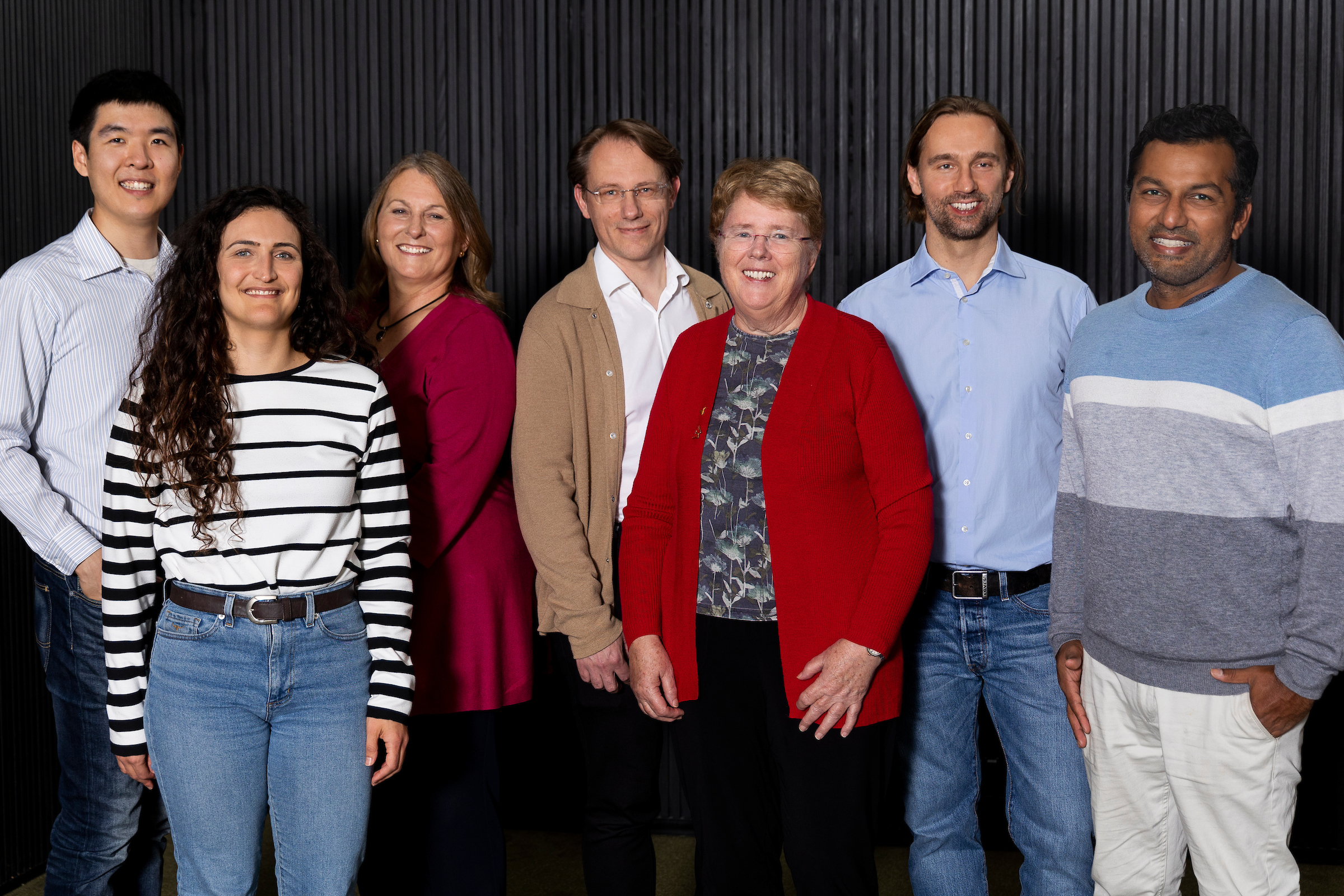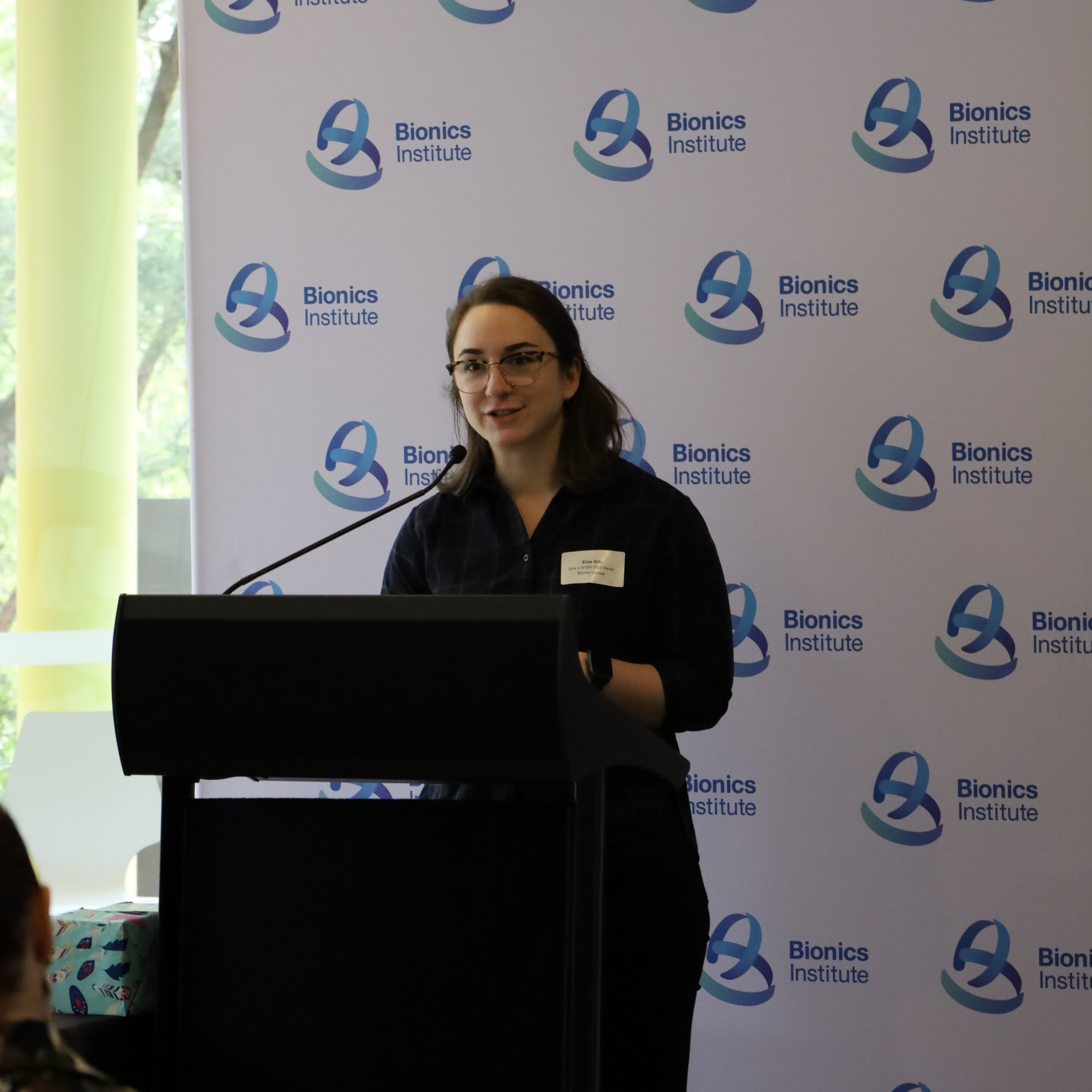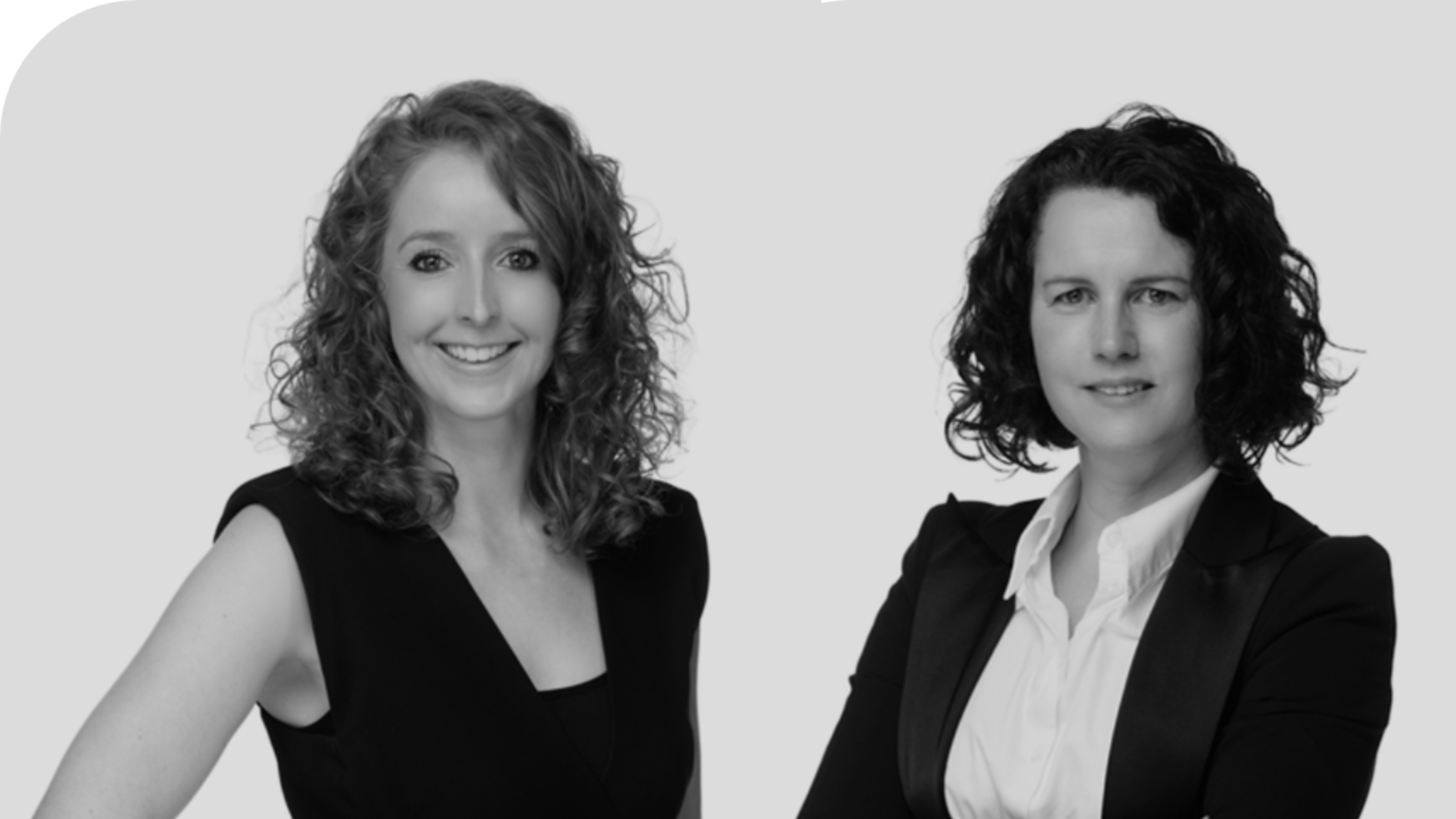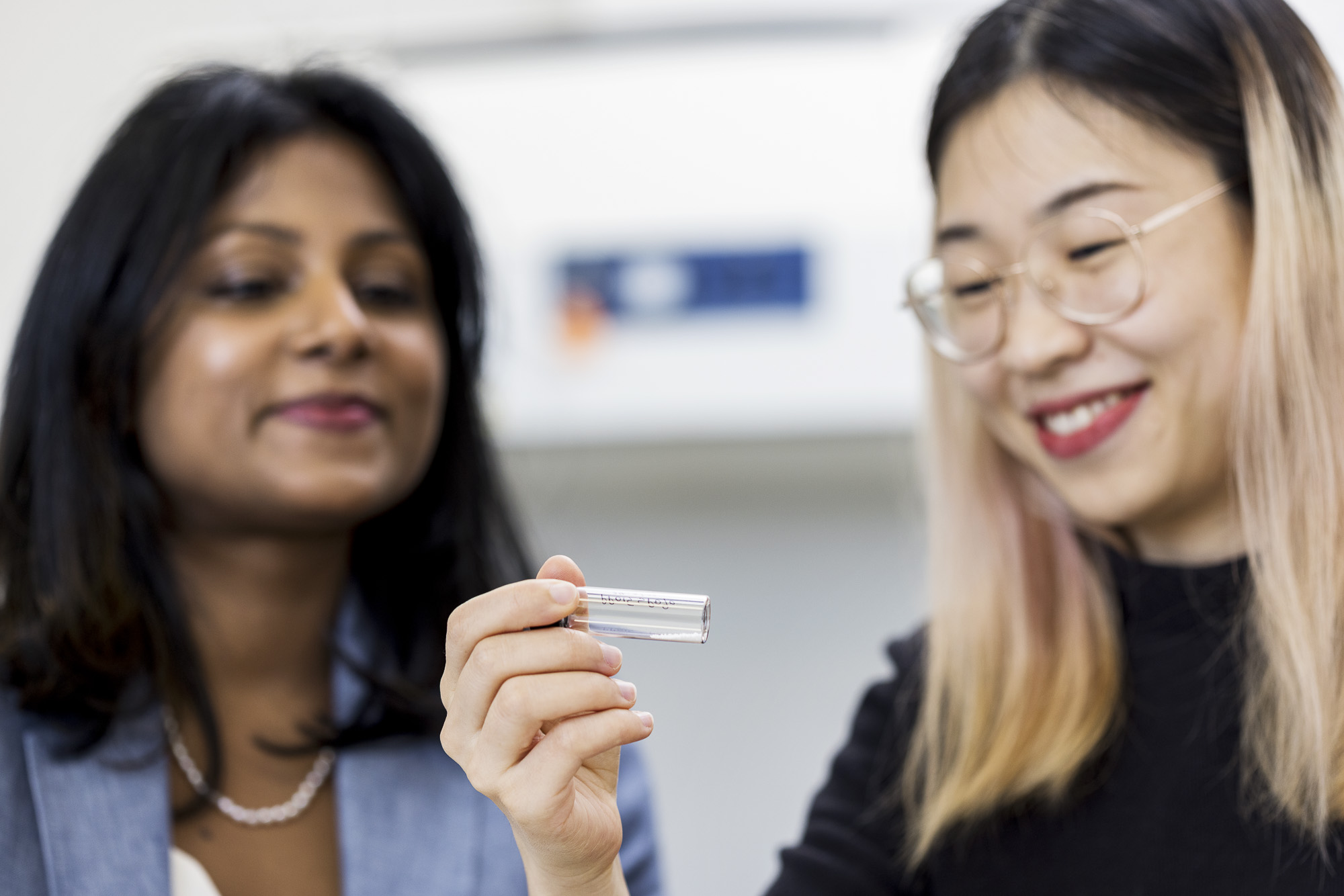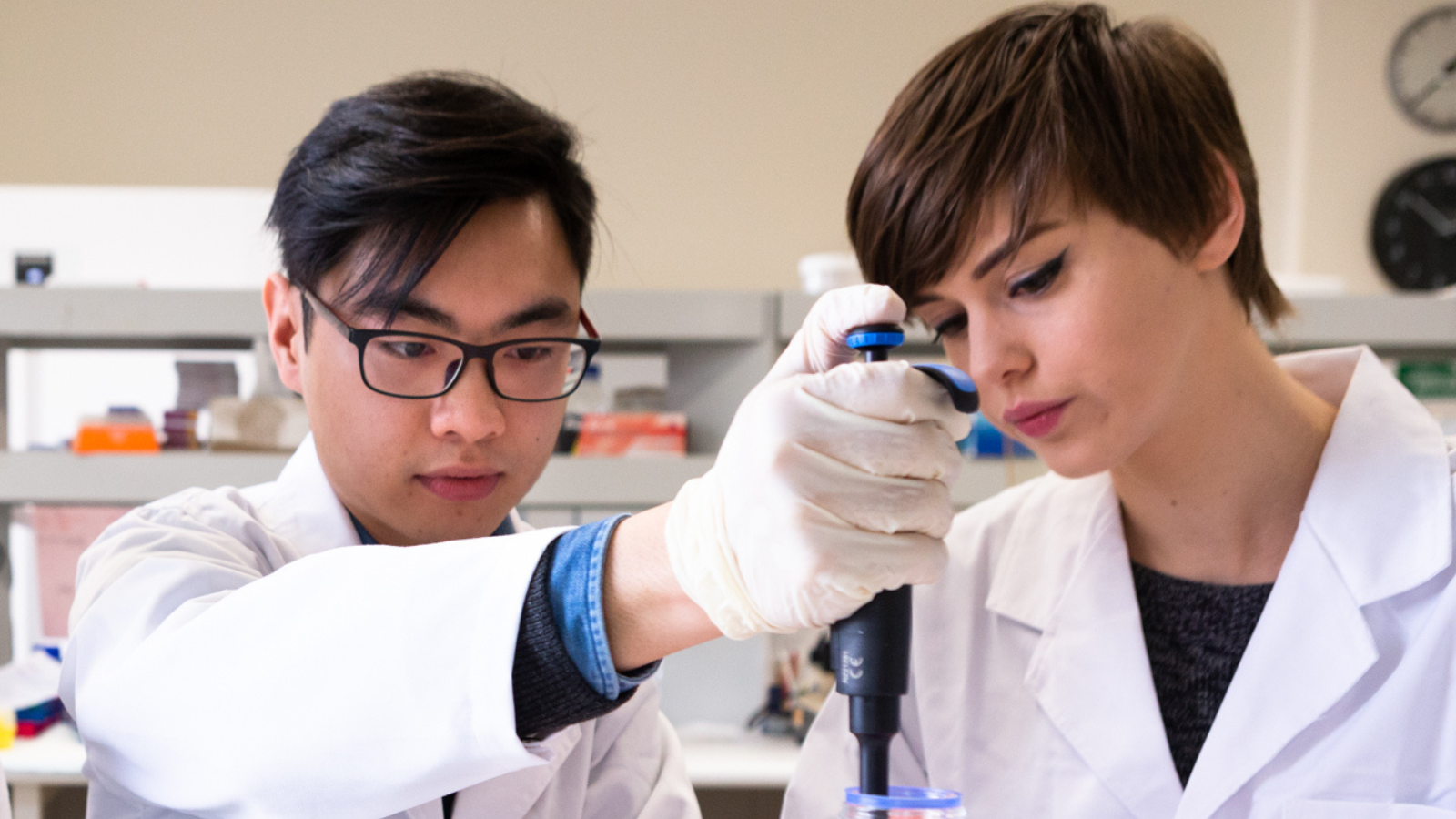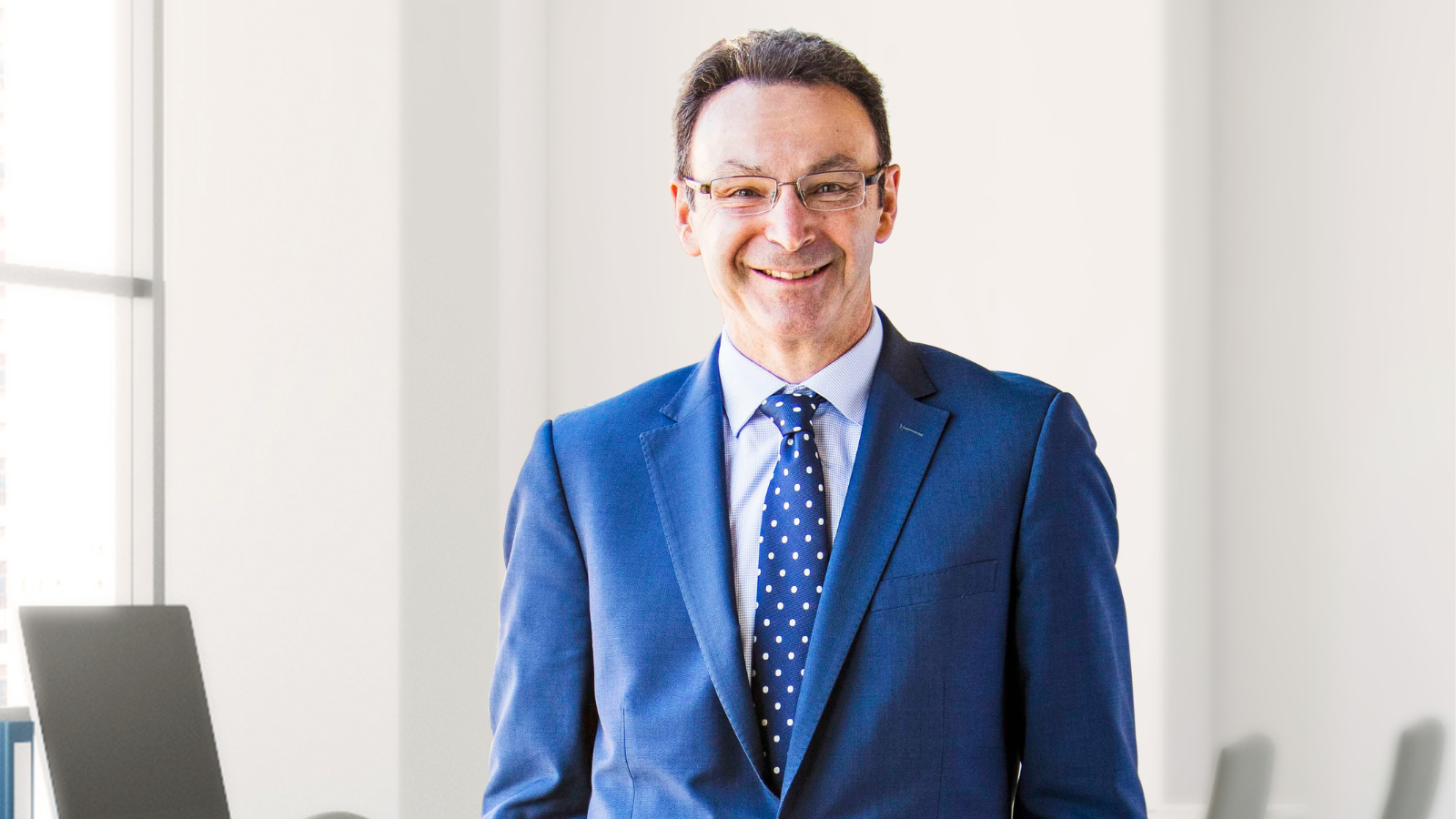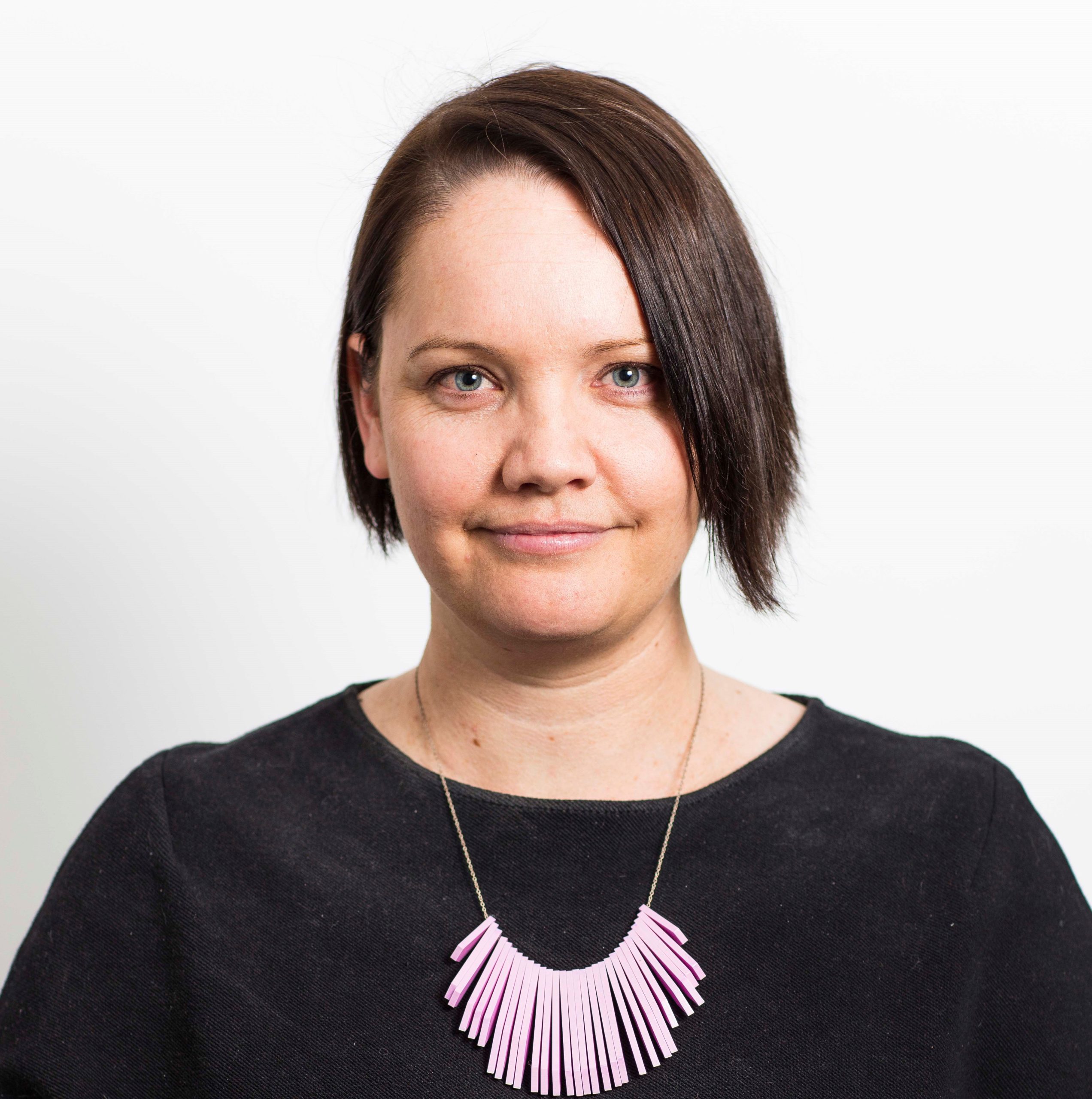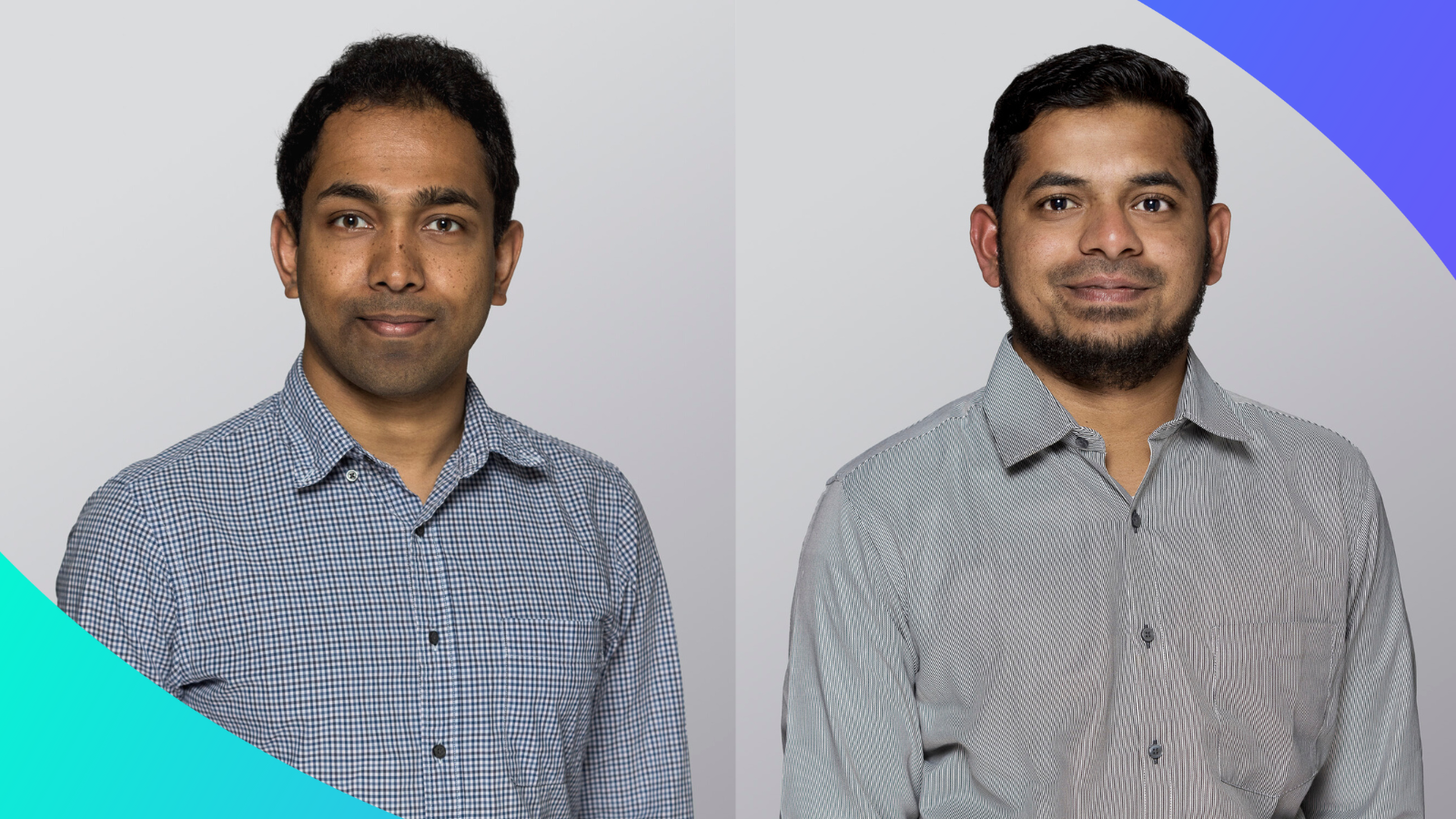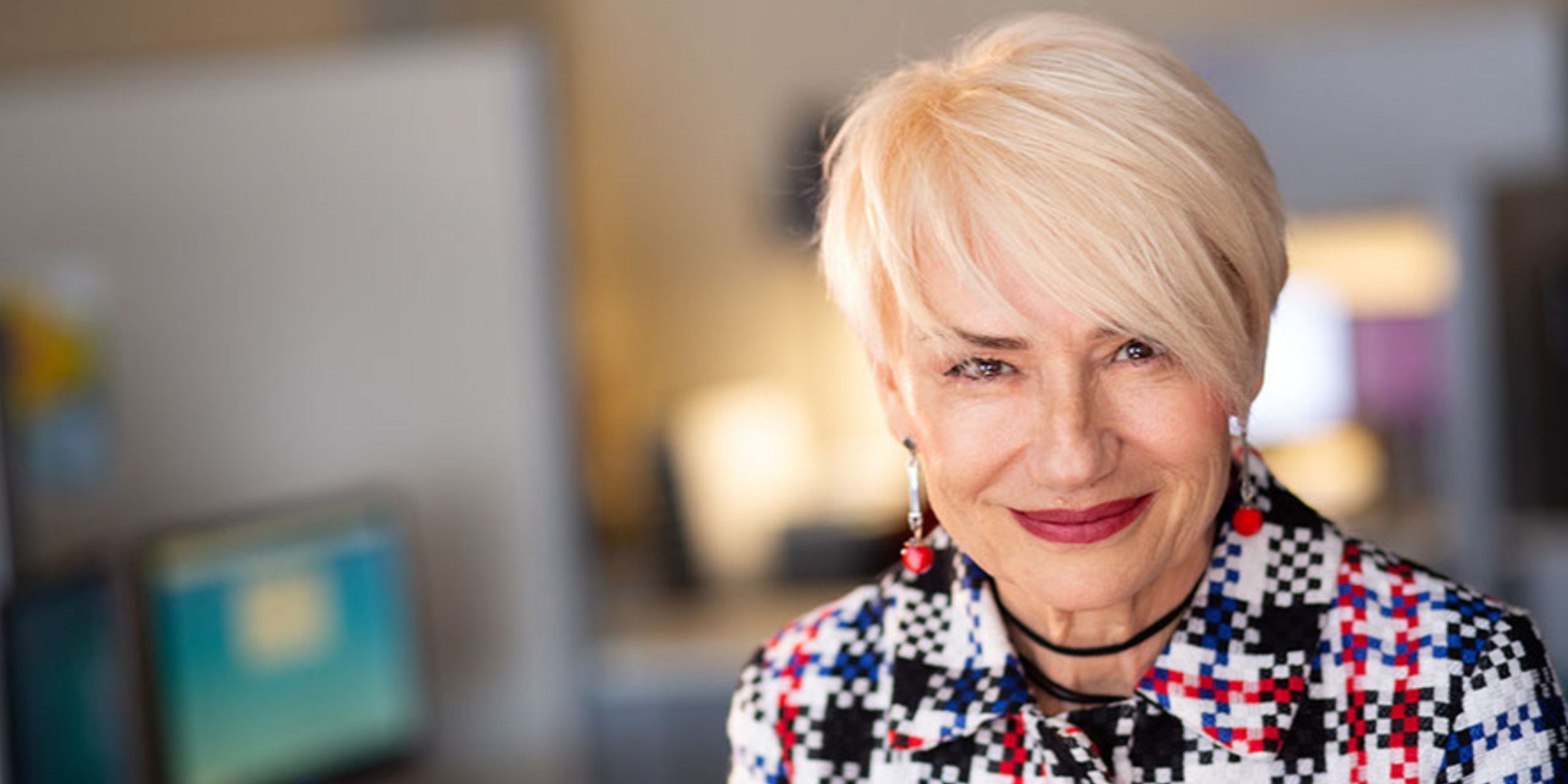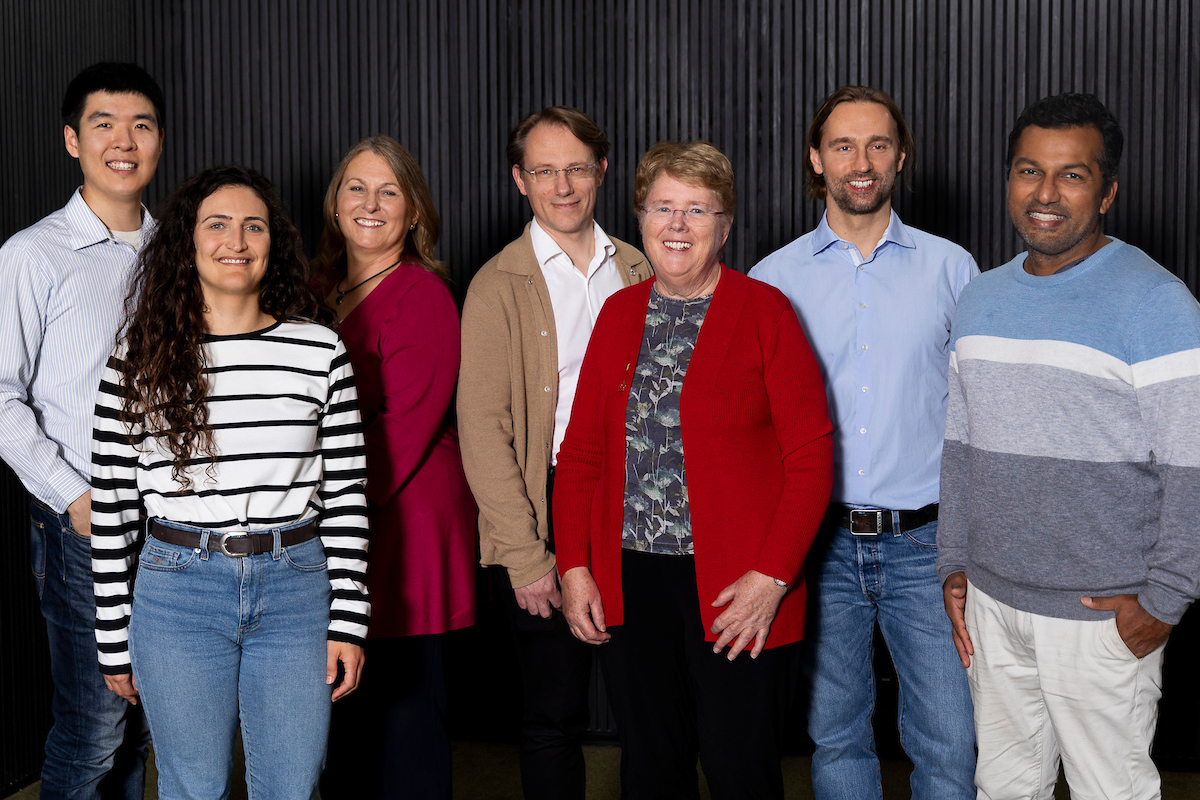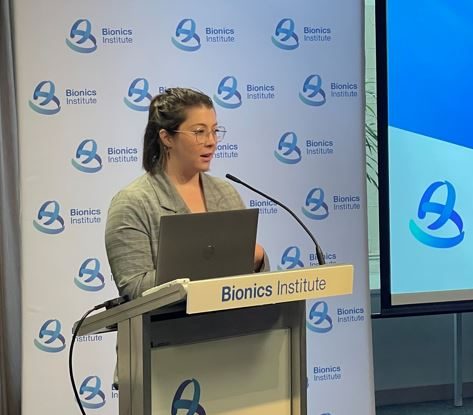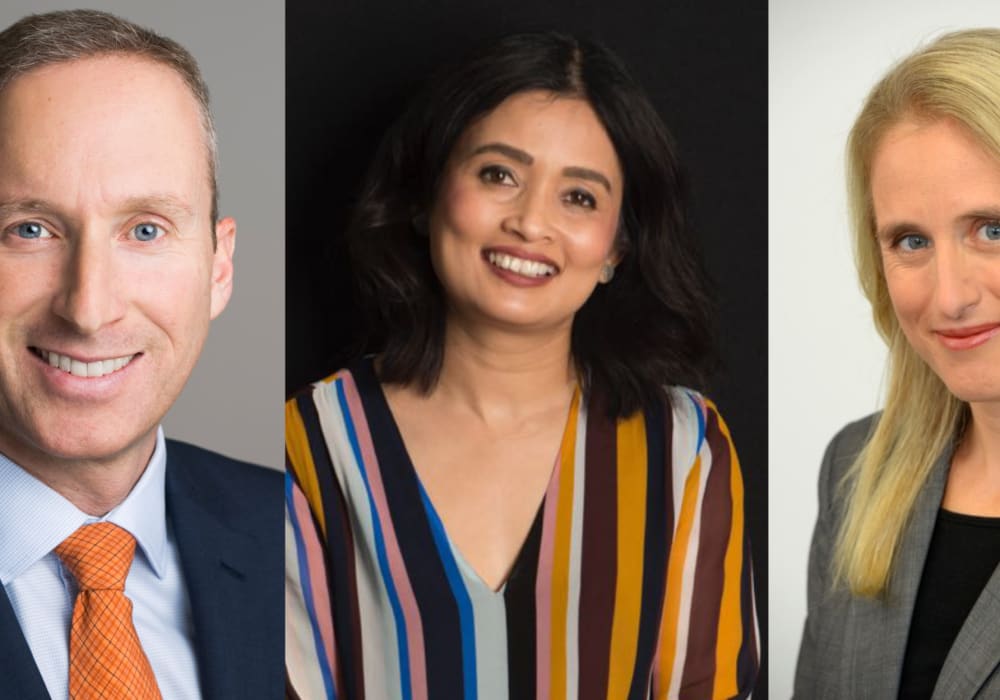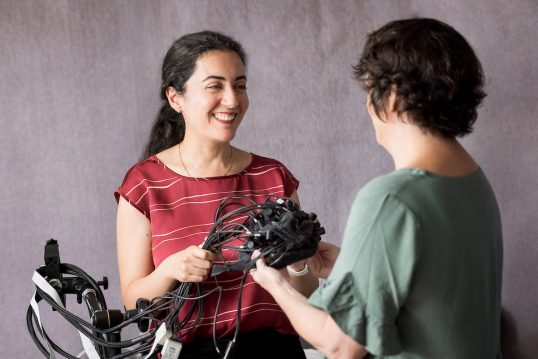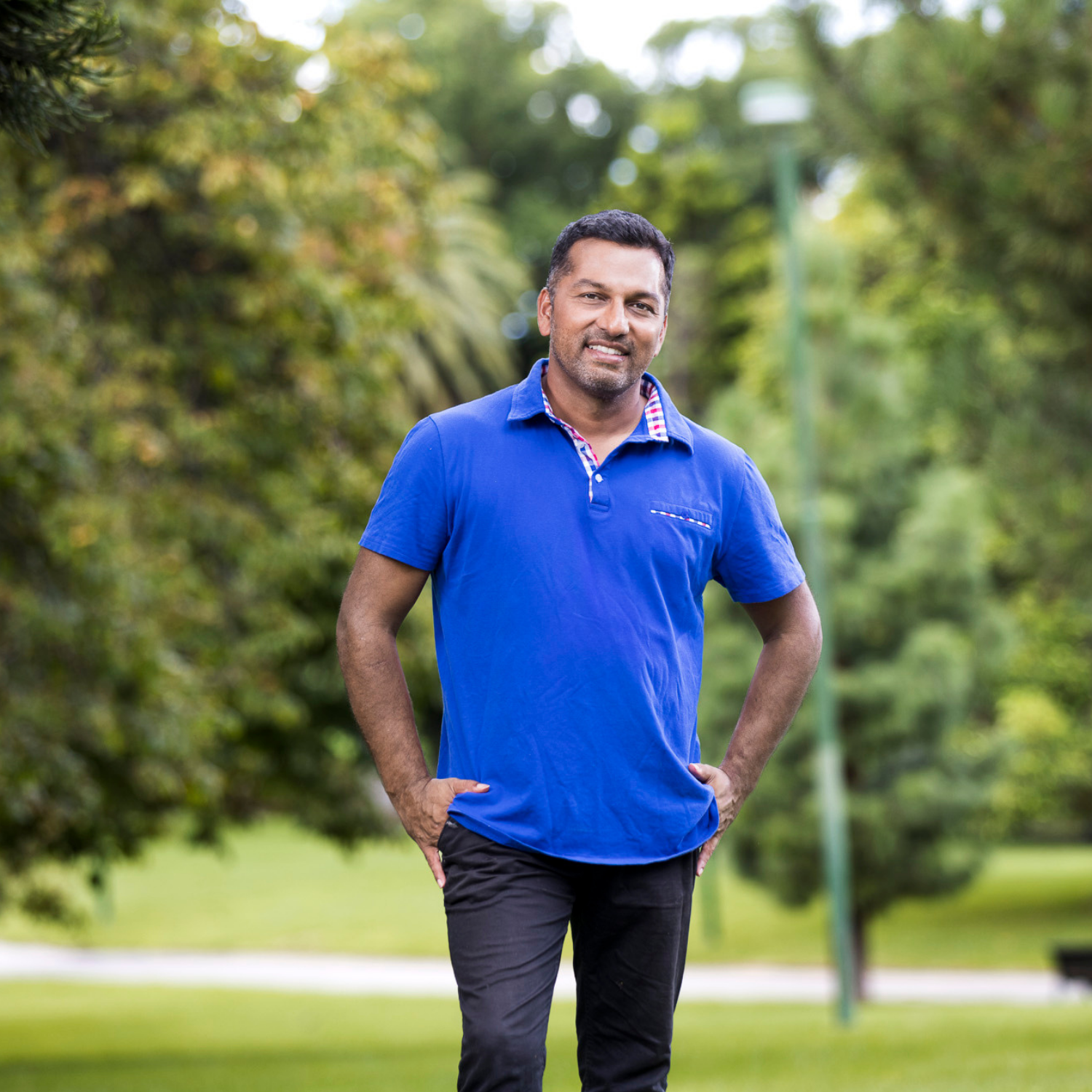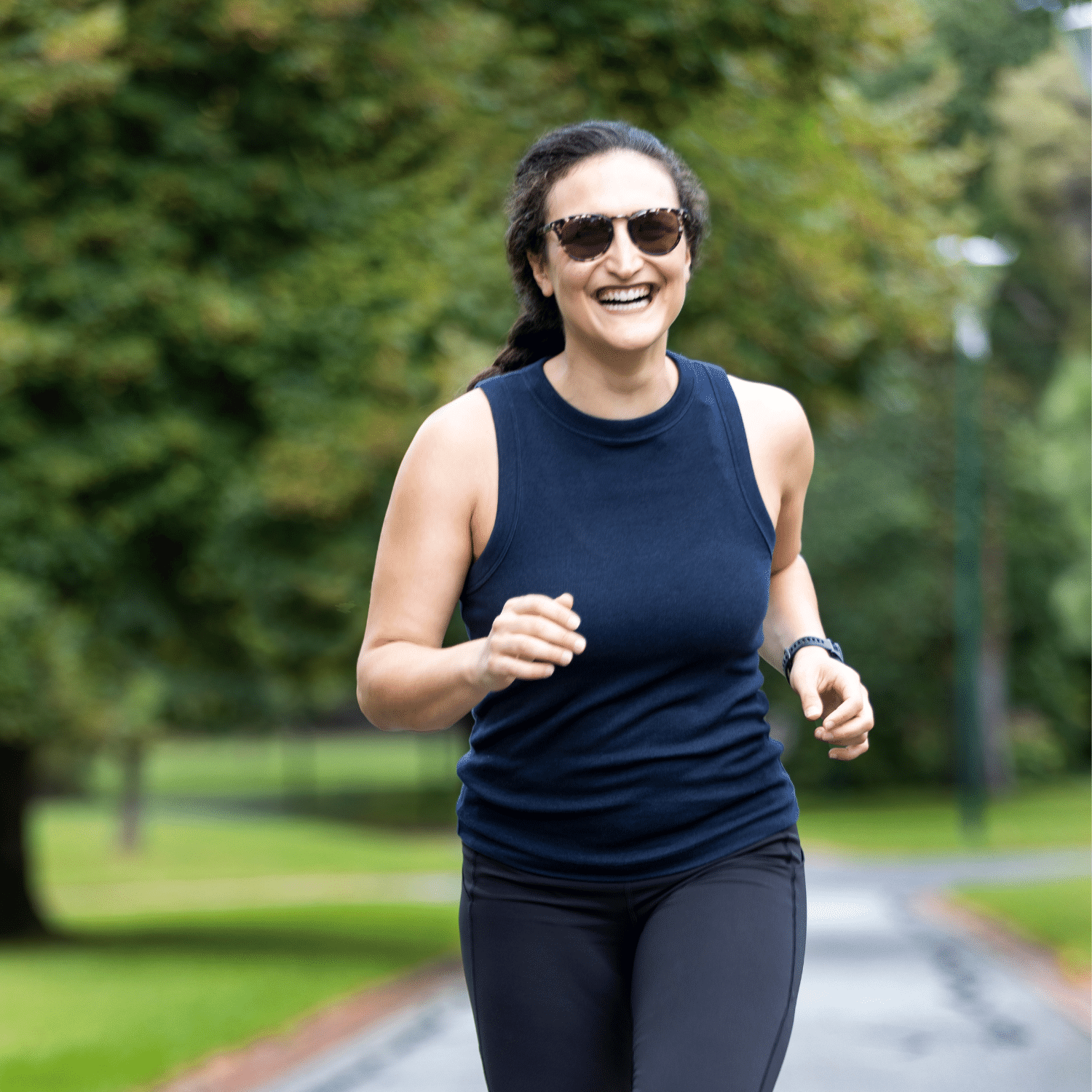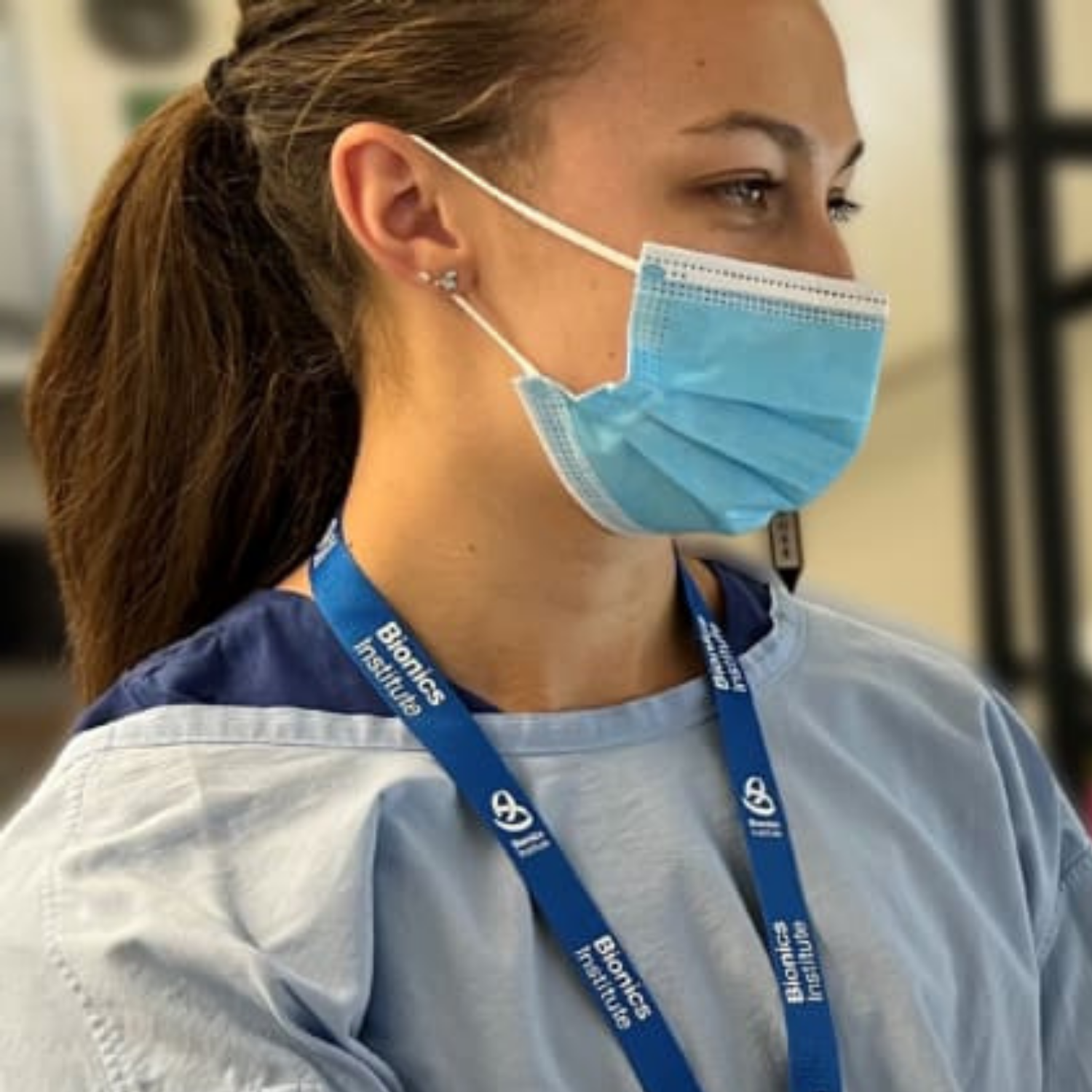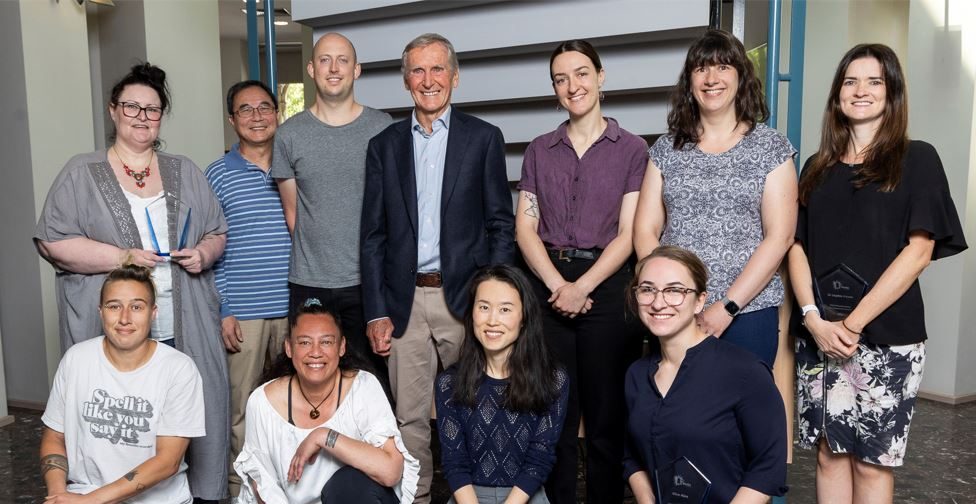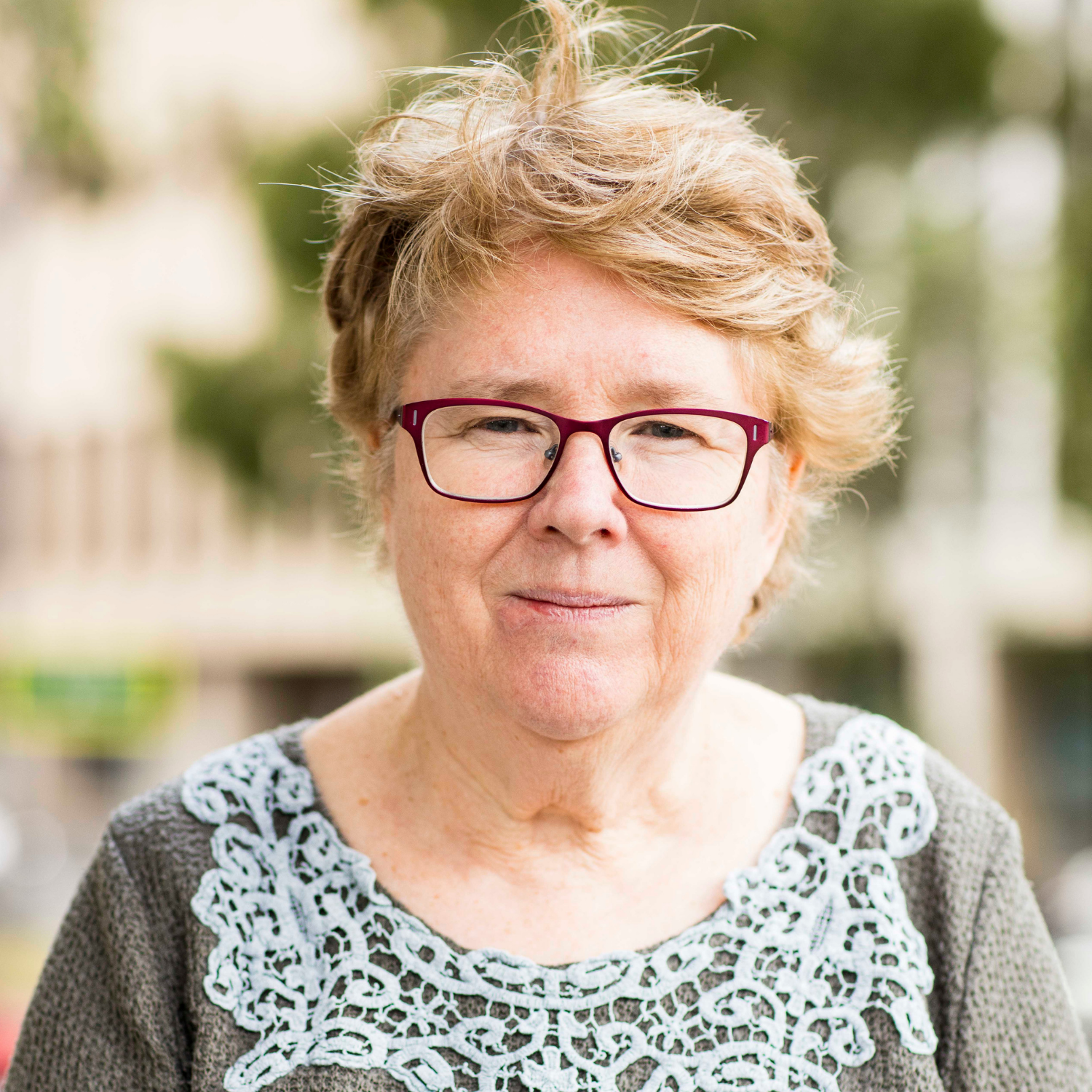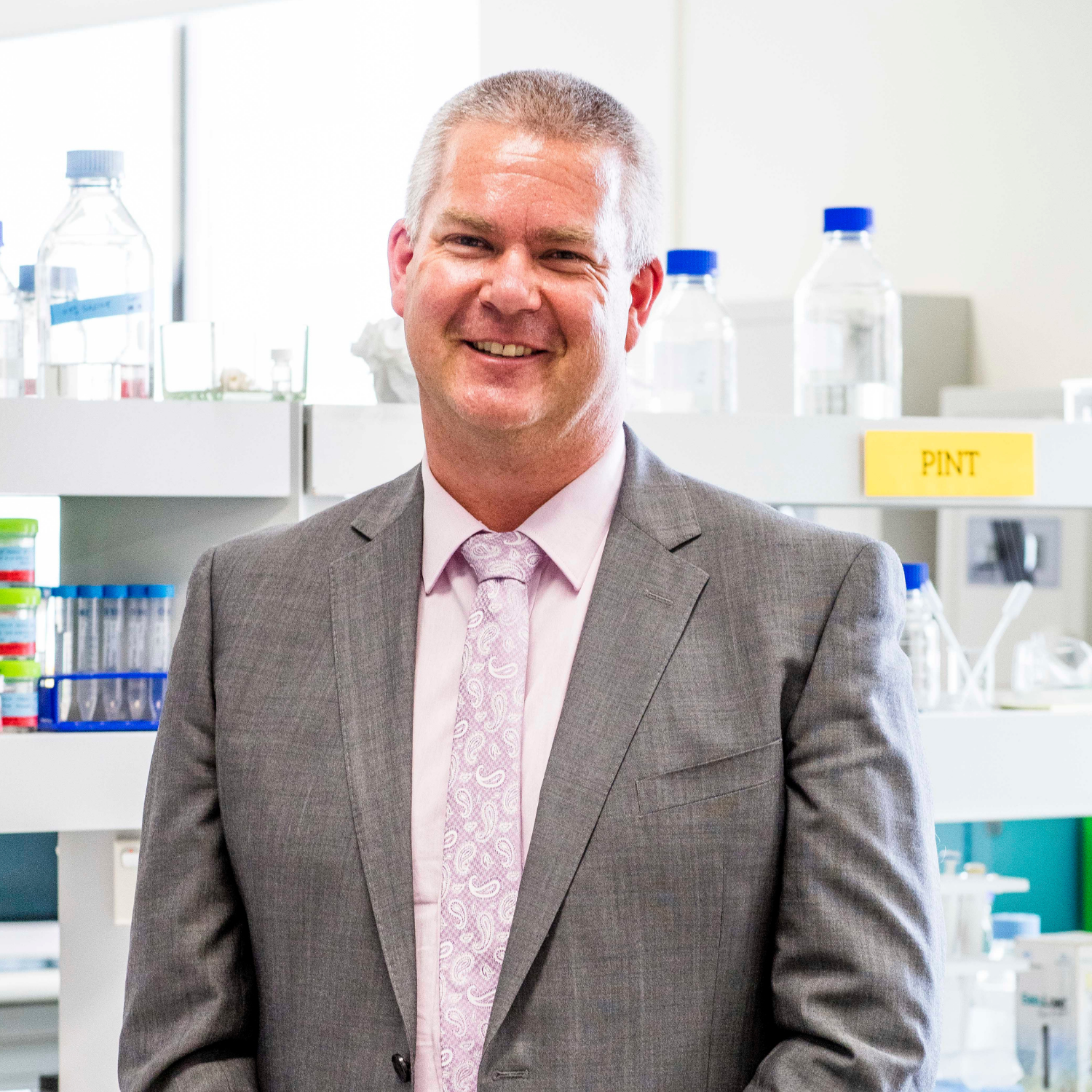Latest News
Bionics Institute hearing test for babies gets a step closer to being used in clinics
Thanks to support from generous donors to our appeal, funding from the Medical Research Future Fund and other philanthropic support the Bionics Institute’s revolutionary new hearing test, EarGenie™ is moving to the next stage of development.
Our researchers, led by Professor Colette McKay, have proved the concept of using special light technology to assess hearing in babies, and are now forging ahead to prepare the EarGenie diagnostic tool for use in audiology clinics.
This vital initial funding has enabled us to custom design EarGenie and collect precise information about hearing impairment. This detailed information is not possible with current tests.
The new EarGenie prototype was recently the focus of a Channel 7 news story.
Professor McKay said: “It’s wonderful to receive this funding so that we can progress trials of EarGenie with babies with and without hearing loss and refine EarGenie for clinical use.”
What is EarGenie™?
EarGenie is a hearing test that uses near-infrared light to measure the brain’s response to sounds. A comfy band wrapped around the baby’s head contains small light sources and light detectors.
When a sound is played, specialised software recognises the brain’s response through changes in the reflected light, indicating whether the baby heard the sound or not. It also shows whether the baby can tell the difference between two different sounds, known as discrimination between sounds.
Information about the discrimination of speech sounds is critical. It tells us whether the baby’s hearing aid will help them to learn to talk, or whether they will need to have a cochlear implant.
Why is EarGenie needed?
Babies born with hearing impairment can miss out on the vital sounds that they need to hear at a young age in order to learn to talk.
If the right treatment is not found in the first months of life, they never fully catch up with their peers, and have a permanent communication deficit delay throughout their whole life.
The earlier the hearing loss is identified, and the baby provided with either a hearing aid or a cochlear implant, the sooner the baby can start learning to speak, and the better their language development will be.
There is a hidden hearing loss in babies
For many babies, the current newborn hearing test can tell us how bad the hearing loss is but does not give key information about discrimination between sounds. These babies have to wait until they are around 9 months old for us to tell whether or not their hearing aid is helping them to develop language.
And 10% of hearing-impaired children, with a condition called auditory neuropathy, have to wait till they are 2 years old before we know if they need a cochlear implant. Their language development and communication skills are then permanently delayed.
What impact will EarGenie have?
EarGenie will ensure that babies born with hearing impairment:
– are diagnosed correctly, so that the right treatment can be given as early as possible
– can hear and distinguish between the sounds that teach them to speak.
-get the best chance to keep up and excel at school and succeed in life.
How does funding help EarGenie get into the clinics faster?
Until now the research team has been using a system designed to undertake research only. This system is too large and difficult to use in clinics.
Now that the concept has been proved using this multi-purpose device, our researchers have been able to custom design a prototype system specifically for hearing assessment in clinics
The new system is smaller, lighter, more automated and more portable.
In addition, we have assembled a highly trained team of engineers and clinicians to create a software system that is easy for clinicians to use.
Future support will allow the team to purchase more custom-designed devices for use in clinical trials across Victoria. We also need to support the recruitment and salary of team members for this important work.
Want to get involved?
To continue with our research and development, we need to test EarGenie on infants younger than 24 months old, both with and without hearing loss. If you are a parent or guardian and would like to be involved, or to find out more, please contact the team in East Melbourne on 03 9667 7569 or hearingstudy@bionicsinstitute.org.
